Here are my favorite poems about growing up categorized:
- Poems about growing up too fast
- Poems about growing up as a girl
- Poems about growing up and changing
- Poems about growing up as a boy
So if you want the best poems about growing up, then you’re in the right place.
Let’s get started!
- 61 Fulfilling Poems About Retirement
- 113 Engulfing Poems About Growth
- 143 Stupefying Famous Poems About Life
- 65 Carefree Poems About Innocence
- 83 Courageous Poems About Change
- 21 Memorable Poems About New Beginnings
- 163 Meaningful Poems About Life
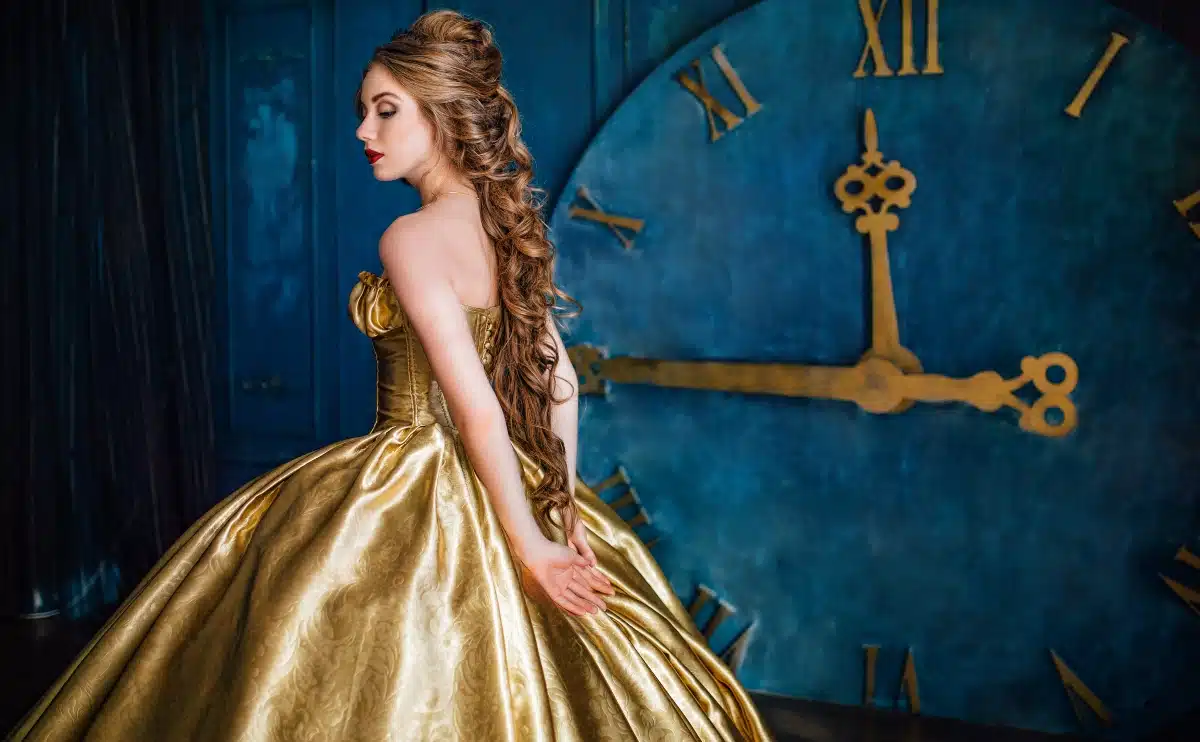
Heartwarming Poems About Growing Up
Discover a carefully curated collection of the most inspiring poems about growing up, thoughtfully categorized for your browsing pleasure.
Our selection features works that explore the joys and challenges of growing up, including poems about growing up too fast and the experiences of growing up as a boy.
With our handpicked selection, you can find the best poems about growing up all in one convenient location.
Take a moment to reflect on these powerful works and the universal themes they evoke.
Let’s dive into it!
My #1 Favorite Poem About Growing Up
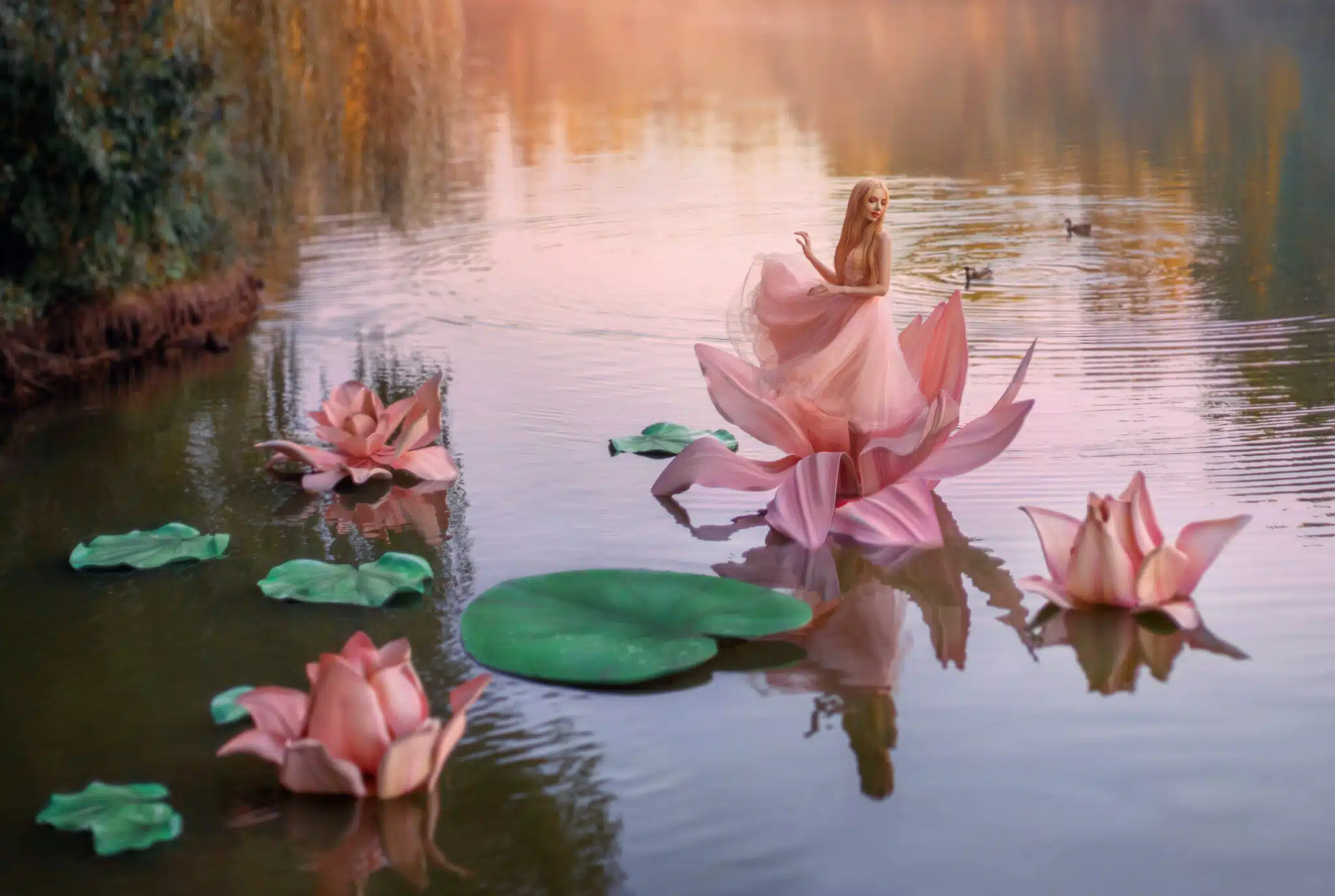
“Sweet Are the Flowers of Life” by Louisa May Alcott
Sweet are the flowers of life,
Swept o’er my happy days at home;
Sweet are the flowers of life
When I was a little child.
Sweet are the flowers of life
That I spent with my father at home;
Sweet are the flowers of life
When children played about the house.
Sweet are the flowers of life
When the lamps are lighted at night;
Sweet are the flowers of life
When the flowers of summer bloomed.
Sweet are the flowers of life
Dead with the snows of winter;
Sweet are the flowers of life
When the days of spring come on.
Poems About Growing Up Too Fast
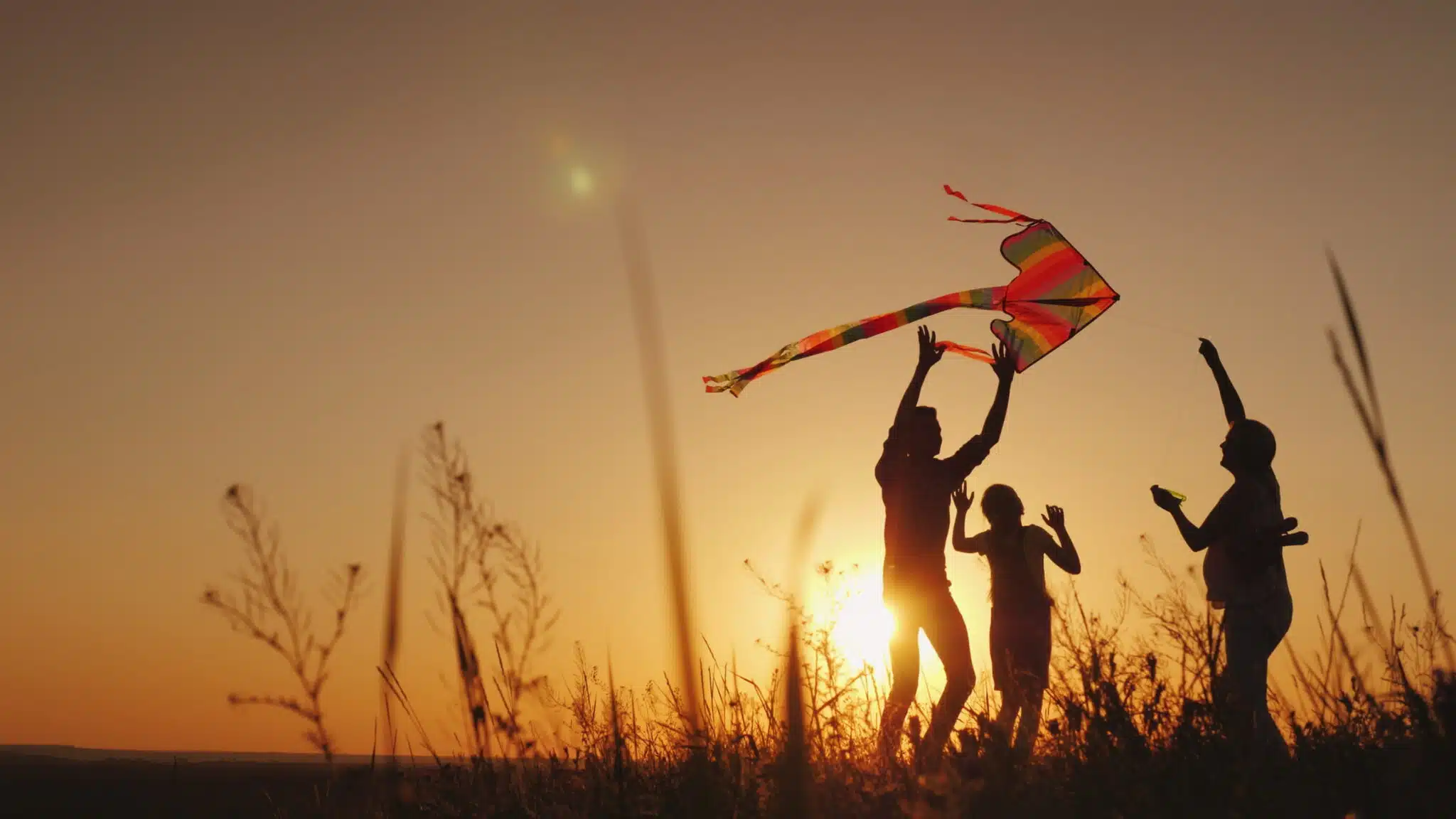
“Days of My Youth” by St. George Tucker
Days of my youth,
Ye have glided away;
Hairs of my youth,
Ye are frosted and gray;
Eyes of my youth,
Your keen sight is no more;
Cheeks of my youth,
Ye are furrowed all o’er;
Strength of my youth,
All your vigor is gone;
Thoughts of my youth,
Your gay visions are flown.
Days of my youth,
I wish not your recall;
Hairs of my youth,
I ’m content ye should fall;
Eyes of my youth,
You much evil have seen;
Cheeks of my youth,
Bathed in tears have you been;
Thoughts of my youth,
You have led me astray;
Strength of my youth,
Why lament your decay?
Days of my age,
Ye will shortly be past;
Pains of my age,
Yet awhile ye can last;
Joys of my age,
In true wisdom delight;
Eyes of my age,
Be religion your light;
Thoughts of my age,
Dread ye not the cold sod;
Hopes of my age,
Be ye fixed on your God.
“Nature” by Henry Wadsworth Longfellow
As a fond mother, when the day is o’er,
Leads by the hand her little child to bed,
Half willing, half reluctant to be led,
And leave his broken playthings on the floor,
Still gazing at them through the open door,
Nor wholly reassured and comforted
By promises of others in their stead,
Which, though more splendid, may not please him more;
So Nature deals with us, and takes away
Our playthings one by one, and by the hand
Leads us to rest so gently, that we go
Scarce knowing if we wish to go or stay,
Being too full of sleep to understand
How far the unknown transcends the what we know.
“The Retreat” by Henry Vaughan
Happy those early days, when I
Shin’d in my Angel-infancy!
Before I understood this place
Appointed for my second race,
Or taught my soul to fancy aught
But a white celestial thought:
When yet I had not walk’d above
A mile or two from my first Love,
And looking back—at that short space—
Could see a glimpse of His bright face:
When on some gilded cloud, or flow’r,
My gazing soul would dwell an hour,
And in those weaker glories spy
Some shadows of eternity:
Before I taught my tongue to wound
My Conscience with a sinful sound,
Or had the black art to dispense
A several sin to ev’ry sense,
But felt through all this fleshly dress
Bright shoots of everlastingness.
O how I long to travel back,
And tread again that ancient track!
That I might once more reach that plain
Where first I left my glorious train;
From whence th’ enlightned spirit sees
That shady City of Palm-trees.
But ah! my soul with too much stay
Is drunk, and staggers in the way!
Some men a forward motion love,
But I by backward steps would move;
And when this dust falls to the urn,
In that state I came, return.
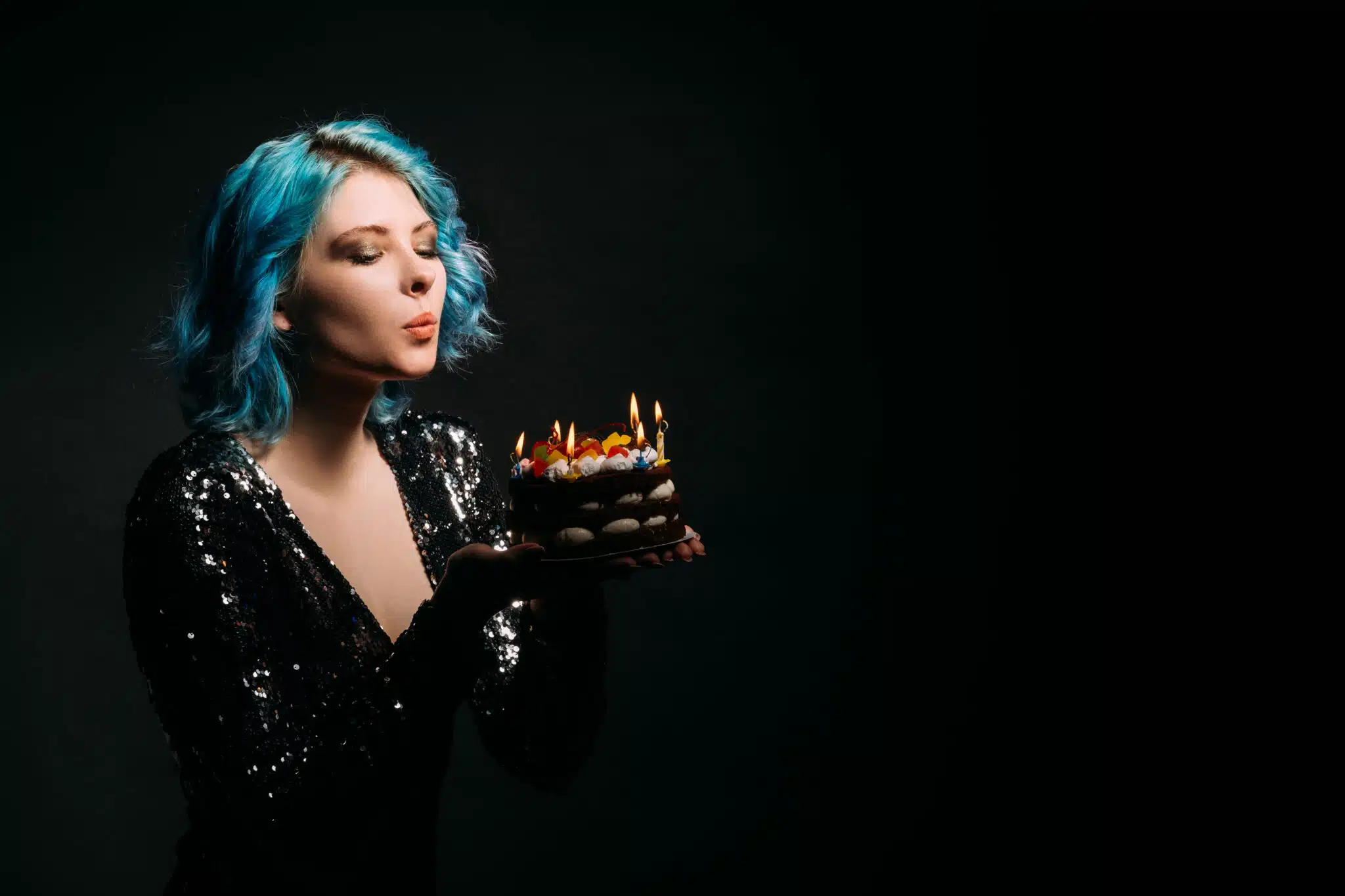
“To Hilda” by Paul Bewsher
On Her Seventeenth Birthday
Now has rich time brought you a gift of gold –
A long sweet year which you can shape at will,
And deck with roses warm, or with the chill
And heartless lilies – God gives strength to mould
Our days, and lives, with fingers firm and bold,
And make them noble, straight and clean from ill,
Though few are willing, and their years they fill
With dross which they regret when they are old.
What splendid hours of your life are these
When youth and childhood wander hand in hand,
And give you freely all which best can please –
Laughter and friends and dreams of Fairyland!
Mourn not the seasons past with useless tears,
But greet the pleasure of the coming years!
“When I Was One-And-Twenty” by A. E. Housman
When I was one-and-twenty
I heard a wise man say,
‘Give crowns and pounds and guineas
But not your heart away;
Give pearls away and rubies
But keep your fancy free.’
But I was one-and-twenty,
No use to talk to me.
When I was one-and-twenty
I heard him say again,
‘The heart out of the bosom
Was never given in vain;
’Tis paid with sighs a plenty
And sold for endless rue.’
And I am two-and-twenty,
And oh, ’tis true, ’tis true.
“When You Are Old” by William Butler Yeats
When you are old and grey and full of sleep,
And nodding by the fire, take down this book,
And slowly read, and dream of the soft look
Your eyes had once, and of their shadows deep;
How many loved your moments of glad grace,
And loved your beauty with love false or true,
But one man loved the pilgrim Soul in you,
And loved the sorrows of your changing face;
And bending down beside the glowing bars,
Murmur, a little sadly, how Love fled
And paced upon the mountains overhead
And hid his face amid a crowd of stars.
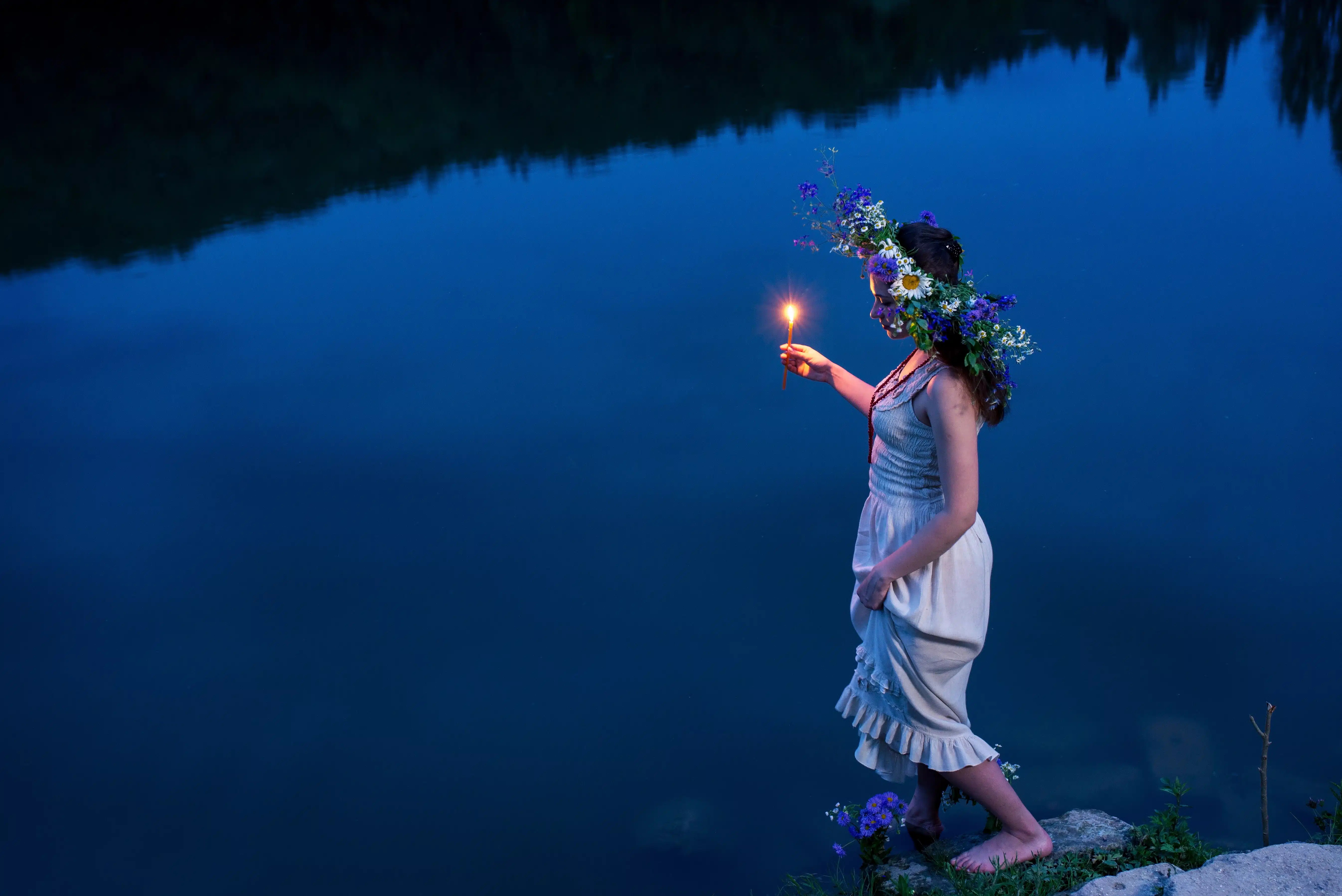
“Embers” by Sara Teasdale
I said, “My youth is gone
Like a fire beaten out by the rain,
That will never sway and sing
Or play with the wind again.”
I said, “It is no great sorrow
That quenched my youth in me,
But only little sorrows
Beating ceaselessly.”
I thought my youth was gone,
But you returned,
Like a flame at the call of the wind
It leaped and burned;
Threw off its ashen cloak,
And gowned anew
Gave itself like a bride
Once more to you.
“Childhood Memories” by William Saphier
Those years are foliage of trees
their trunks hidden by bushes;
behind them a gray haze topped with silver
hides the swinging steps of my first love
the Danube.
On its face
grave steel palaces with smoking torches,
parading monasteries moved slowly to the Black Sea
till the bared branches scratched the north wind.
On its bed
a great Leviathan waited
for the ceremonies on the arrival of Messiah
and bobbing small fishes snapped sun splinters
for the pleasure of the monster.
Along its shores
red capped little hours danced
with rainbow colored kites,
messengers to heaven.
My memory is a sigh
of swallows swinging
through a slow dormant summer
to a timid line on the horizon.
“Man” by Paul Cameron Brown
In the old air
by his rocker,
a silent trapeze of thought
suspends an aging man.
Each movement as of the katydid
droning –
a monologue with the past;
a buzz escaping across
still, warm air.
Elsewhere, cicadas whittle about the octogenarian heat.
Nestled quietly, a supine stare erodes both time & place
unto bearded grey –
nuances clasped
in a breathless chat with death.

“Old Photographs” by George Augustus Baker, Jr.
Old lady, put your glasses on,
With polished lenses, mounting golden,
And once again look slowly through
The album olden.
How the old portraits take you back
To friends who once would ’round you gather
All scattered now, like frosted leaves
In blustering weather.
Why, who is this, the bright coquette?
Her eyes with Love’s bright arrows laden
“Poor Nell, she’s living single yet,
An ancient maiden.”
And this, the fragile poetess?
Whose high soul-yearnings nought can smother
“She’s stouter far than I am now,
A kind grandmother.”
Who is this girl with flowing curls,
Who on the golden future muses?
“What splendid hair she had! and now
A ‘front’ she uses.”
And this? “Why, if it’s not my own;
And did I really e’er resemble
That bright young creature? Take the book
My old hands tremble.
“It seems that only yesterday
We all were young; ah, how time passes!”
Old lady, put the album down,
And wipe your glasses.
“When I Was Twenty” by Bliss Carman (William)
It was June, and I was twenty.
All my wisdom, poor but plenty,
Never learned Festina lente.
Youth is gone, but whither went he?
Madeline came down the orchard
With a mischief in her eye,
Half demure and half inviting,
Melting, wayward, wistful, shy.
Four bright eyes that found life lovely,
And forgot to wonder why;
Four warm lips at one love-lesson,
Learned by heart so easily.
We gained something of that knowledge
No man ever yet put by,
But his after days of sorrow
Left him nothing but to die.
Madeline went up the orchard,
Down the hurrying world went I;
Now I know love has no morrow,
Happiness no by-and-by.
Youth is gone, but whither went he?
All my wisdom, poor but plenty,
Never learned Festina lente.
It was June, and I was twenty.
“The Old Remain, the Young Are Gone” by Madison Julius Cawein
The old remain, the young are gone.
The farm dreams lonely on the hill:
From early eve to early dawn
A cry goes with the whippoorwill
“The old remain, the young are gone.”
Where run the roads they wander on?
The young, whose hearts romped shouting here:
Whose feet thrilled rapture through this lawn,
Where sadness walks now all the year.
The old remain, the young are gone.
To what far glory are they drawn?
And do they weary of the quest?
And serve they now a king or pawn
There in the cities of unrest?
The old remain, the young are gone.
They found the life here gray and wan,
Too kind, too poor, too full of peace:
The great mad world of brain and brawn
Called to their young hearts without cease.
The old remain, the young are gone.
They left us to our Avalon,
The ancient fields, the house and trees,
Where we at sunset and at dawn
May sit with dreams and memories.
The old remain, the young are gone.
Dear Heart, draw near and lean upon
My heart, and gaze no more through tears:
We have our love; our work well done,
To help us face the wistful years.
The old remain, the young are gone.
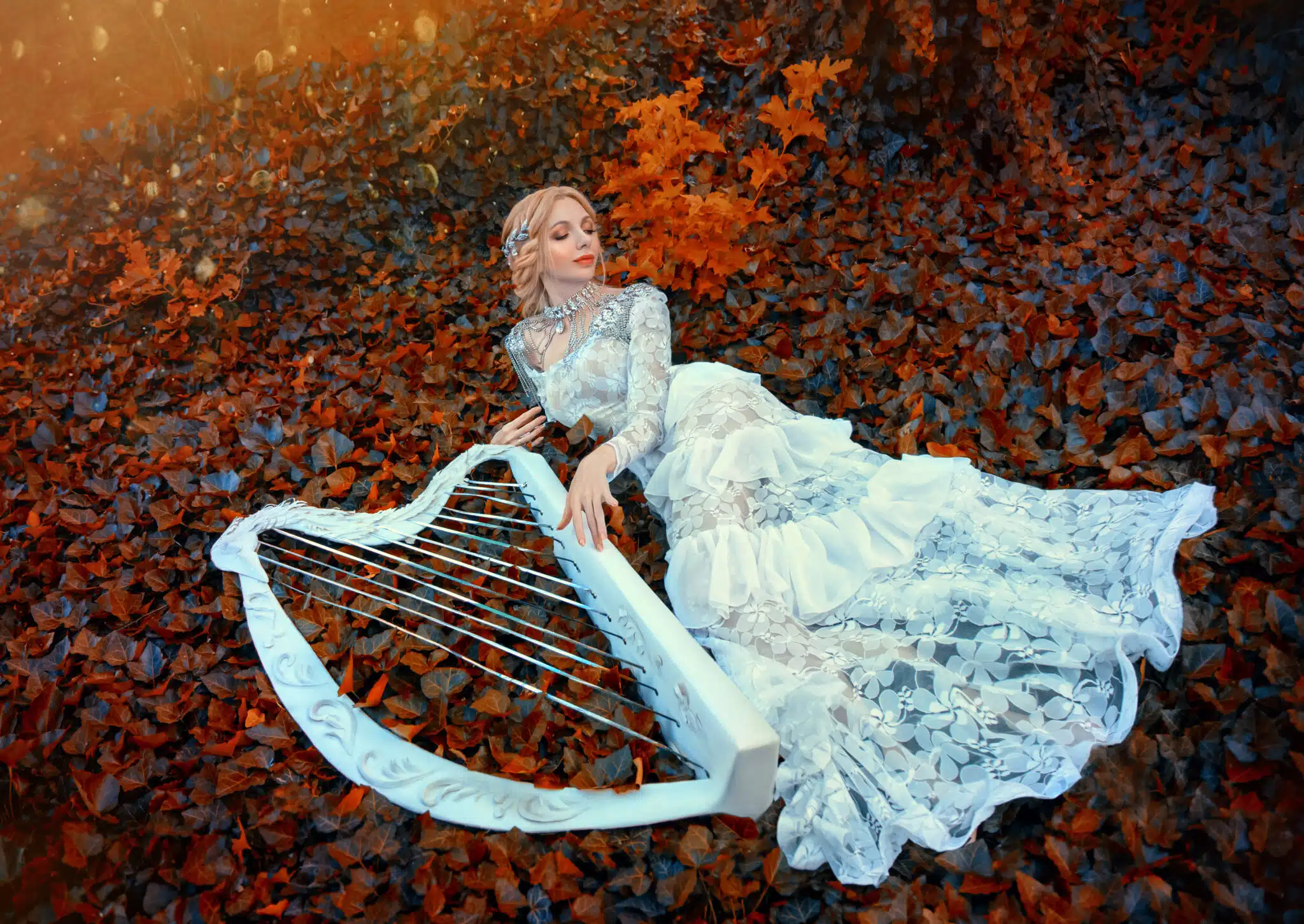
“A Song for Old Age” by Madison Julius Cawein
Now nights grow cold and colder,
And North the wild vane swings,
And round each tree and boulder
The driving snow-storm sings –
Come, make my old heart older,
O memory of lost things!
Of Hope, when promise sung her
Brave songs and I was young,
That banquets now on hunger
Since all youth’s songs are sung;
Of Love, who walks with younger
Sweethearts the flowers among.
Ah, well! while Life holds levee,
Death’s ceaseless dance goes on.
So let the curtains, heavy
About my couch, be drawn –
The curtains, sad and heavy,
Where all shall sleep anon.
“Middle-Ages” by Siegfried Sassoon
I heard a clash, and a cry,
And a horseman fleeing the wood.
The moon hid in a cloud.
Deep in shadow I stood.
‘Ugly work!’ thought I,
Holding my breath.
‘Men must be cruel and proud,
‘Jousting for death’.
With gusty glimmering shone
The moon; and the wind blew colder.
A man went over the hill,
Bent to his horse’s shoulder.
‘Time for me to be gone’…
Darkly I fled.
Owls in the wood were shrill,
And the moon sank red.
“Youth and Age” by Henry Wadsworth Longfellow
Oh give me back the days when loose and free
To my blind passion were the curb and rein,
Oh give me back the angelic face again,
With which all virtue buried seems to be!
Oh give my panting footsteps back to me,
That are in age so slow and fraught with pain,
And fire and moisture in the heart and brain,
If thou wouldst have me burn and weep for thee!
If it be true thou livest alone, Amor,
On the sweet-bitter tears of human hearts,
In an old man thou canst not wake desire;
Souls that have almost reached the other shore
Of a diviner love should feel the darts,
And be as tinder to a holier fire.
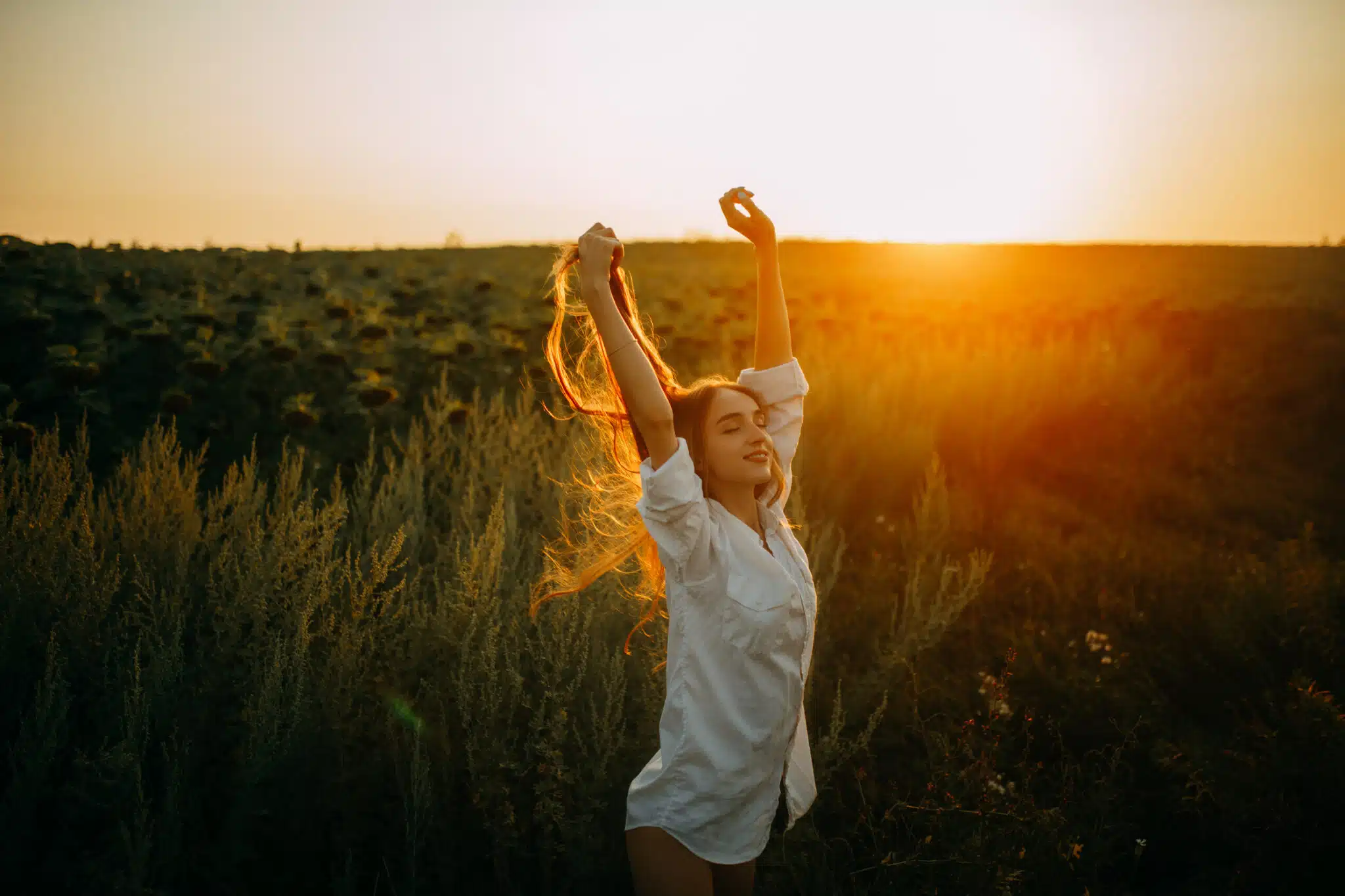
“Virgin Youth” by D. H. Lawrence
Now and again
All my body springs alive,
And the life that is polarised in my eyes,
That quivers between my eyes and mouth,
Flies like a wild thing across my body,
Leaving my eyes half-empty, and clamorous,
Filling my still breasts with a flush and a flame,
Gathering the soft ripples below my breasts
Into urgent, passionate waves,
And my soft, slumbering belly
Quivering awake with one impulse of desire,
Gathers itself fiercely together;
And my docile, fluent arms
Knotting themselves with wild strength
To clasp what they have never clasped.
Then I tremble, and go trembling
Under the wild, strange tyranny of my body,
Till it has spent itself,
And the relentless nodality of my eyes reasserts itself,
Till the bursten flood of life ebbs back to my eyes,
Back from my beautiful, lonely body
Tired and unsatisfied.
“For the Old” by Madison Julius Cawein
These are the things I pray Heaven send us still,
To blow the ashes of the years away,
Or keep aglow forever ‘neath their gray
The fire that warms when Life’s old house grows chill:
First Faith, that gazed into our youth’s bright eyes;
Courage, that helped us onward, rain or sun;
Then Hope, who captained all our deeds well done;
And, last, the dream of Love that never dies.
“The Flight of Youth” by Richard Henry Stoddard
There are gains for all our losses,
There are balms for all our pain:
But when youth, the dream, departs,
It takes something from our hearts,
And it never comes again.
We are stronger, and are better,
Under manhood’s sterner reign:
Still we feel that something sweet
Followed youth, with flying feet,
And will never come again.
Something beautiful is vanished,
And we sigh for it in vain:
We behold it everywhere,
On the earth, and in the air,
But it never comes again.
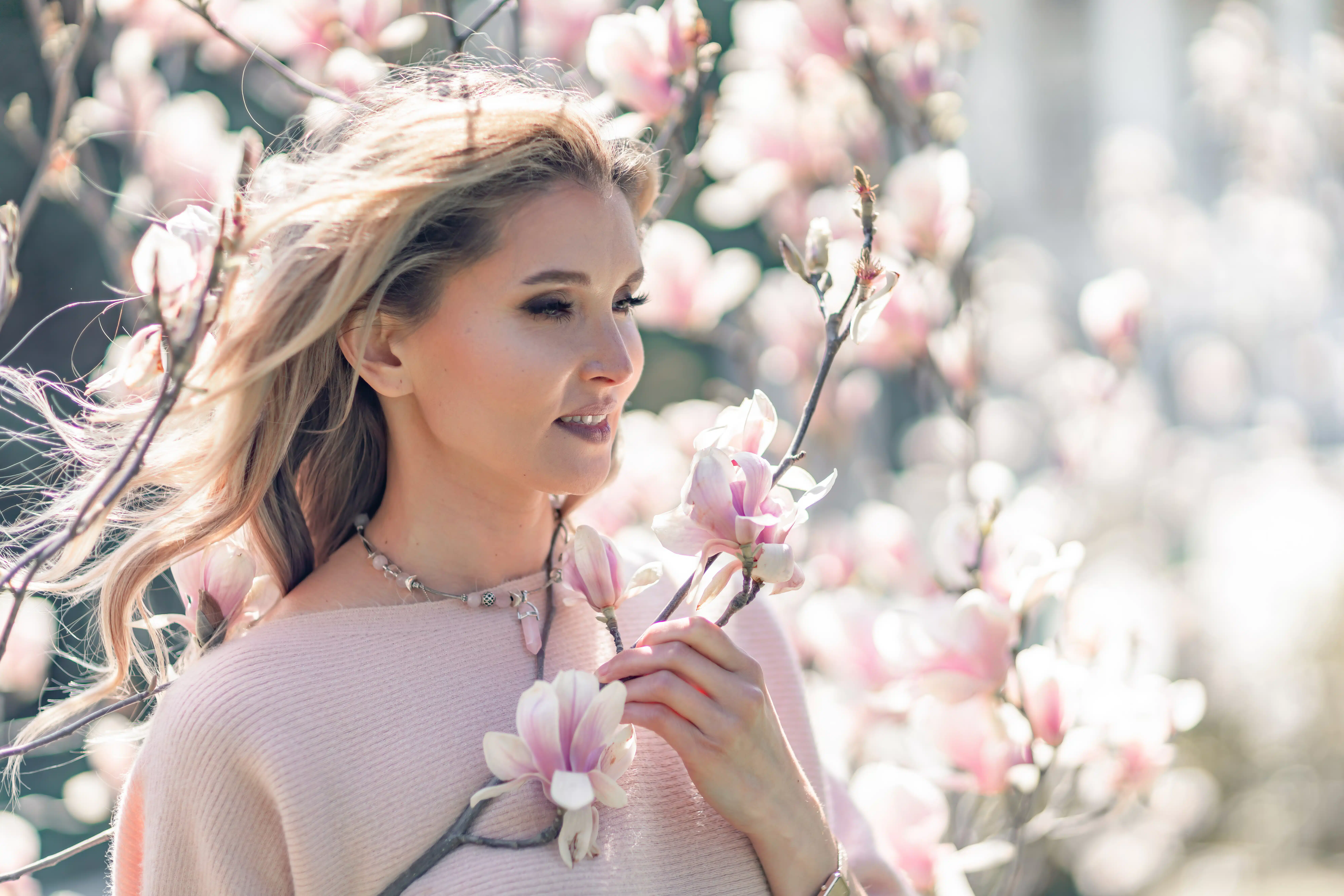
“Old Age” by Henry Wadsworth Longfellow
The course of my long life hath reached at last,
In fragile bark o’er a tempestuous sea,
The common harbor, where must rendered be
Account of all the actions of the past.
The impassioned phantasy, that, vague and vast,
Made art an idol and a king to me,
Was an illusion, and but vanity
Were the desires that lured me and harassed.
The dreams of love, that were so sweet of yore,
What are they now, when two deaths may be mine,—
One sure, and one forecasting its alarms?
Painting and sculpture satisfy no more
The soul now turning to the Love Divine,
That oped, to embrace us, on the cross its arms.
“Love and Life” by John Wilmot, Earl of Rochester
All my past life is mine no more;
The flying hours are gone,
Like transitory dreams given o’er,
Whose images are kept in store
By memory alone.
The time that is to come is not;
How can it then be mine?
The present moment’s all my lot;
And that, as fast as it is got,
Phillis, is only thine.
Then talk not of inconstancy,
False hearts, and broken vows;
If I by miracle can be
This live-long minute true to thee,
’Tis all that Heaven allows.
“Mine Enemy Is Growing Old” by Emily Dickinson
Mine enemy is growing old,—
I have at last revenge.
The palate of the hate departs;
If any would avenge,—
Let him be quick, the viand flits,
It is a faded meat.
Anger as soon as fed is dead;
’T is starving makes it fat.
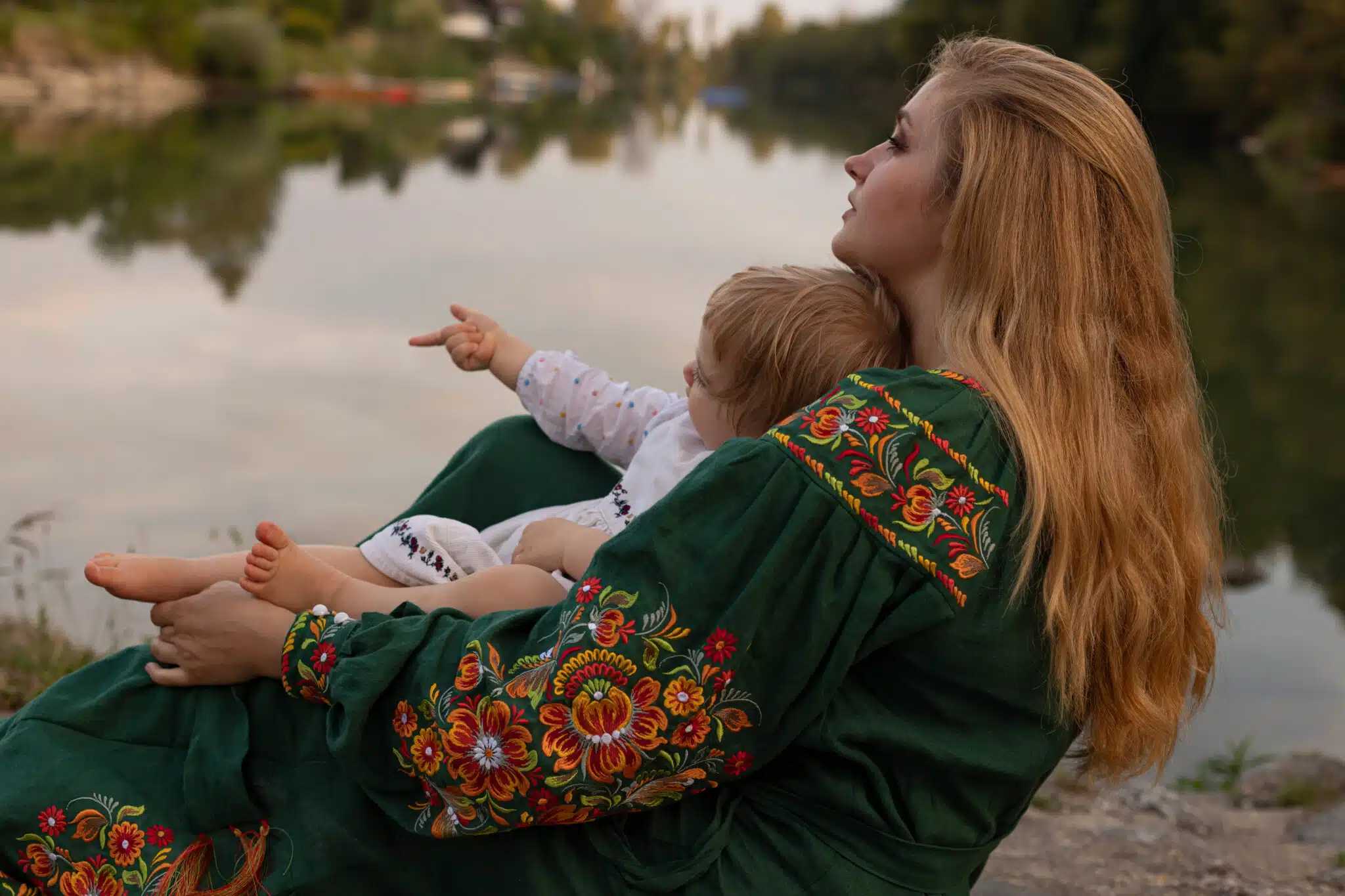
“A Memory of Youth” by W.B. Yeats
The moments passed as at a play,
I had the wisdom love brings forth;
I had my share of mother wit
And yet for all that I could say,
And though I had her praise for it,
A cloud blown from the cut-throat north
Suddenly hid love’s moon away.
Believing every word I said
I praised her body and her mind
Till pride had made her eyes grow bright,
And pleasure made her cheeks grow red,
And vanity her footfall light,
Yet we, for all that praise, could find
Nothing but darkness overhead.
We sat as silent as a stone,
We knew, though she’d not said a word,
That even the best of love must die,
And had been savagely undone
Were it not that love upon the cry
Of a most ridiculous little bird
Tore from the clouds his marvellous moon.
“On His Being Arrived to the Age of Twenty-Three” by John Milton
How soon hath Time the suttle theef of youth,
Stoln on his wing my three and twentith yeer!
My hasting dayes flie on with full career,
But my late spring no bud or blossom show’th.
Perhaps my semblance might deceive the truth,
That I to manhood am arriv’d so near,
And inward ripeness doth much less appear,
That som more timely-happy spirits indu’th.
It shall be still in strictest measure eev’n,
To that same lot, however mean, or high,
Toward which Time leads me, and the will of Heav’n;
All is, if I have grace to use it so,
As ever in my great task Masters eye.
“Old Youth” by Orrick Johns
There’s nothing very beautiful and nothing very gay
About the rush of faces in the town by day,
But a light tan cow in a pale green mead,
That is very beautiful, beautiful indeed …
And the soft March wind, and the low March mist
Are better than kisses in the dark street kissed …
The fragrance of the forest when it wakes at dawn,
The fragrance of a trim green village lawn,
The hearing of the murmur of the rain at play—
These things are beautiful, beautiful as day!
And I shan’t stand waiting for love or scorn
When the feast is laid for a day new-born …
Oh, better let the little things I loved when little
Return when the heart finds the great things brittle;
And better is a temple made of bark and thong
Than a tall stone temple that may stand too long.
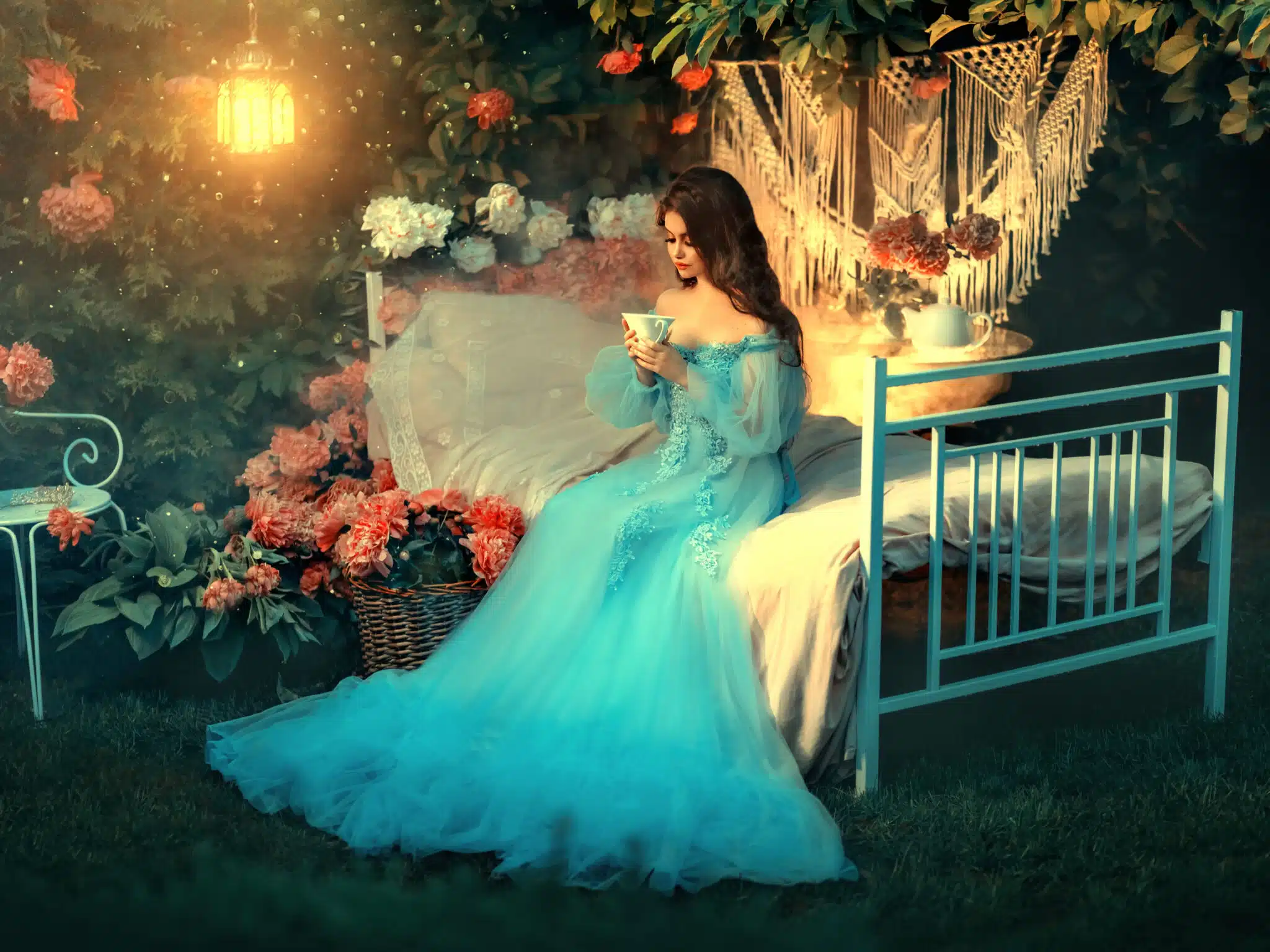
“The Cup of Life” by Mikhail Lermontov
We drink life’s cup with thirsty lips,
Our eyes shut fast to fears;
About the golden rim there drips
Our staining blood, our tears.
But when the last swift hour comes on,
The light long hid is lit,
From startled eyes the band is gone,
We suffer and submit.
It is not our part to possess
The cup that golden gleamed.
We see its shallow emptiness:
We did not drink—we dreamed.
“Youth and Age” by William Butler Yeats
Much did I rage when young,
Being by the world oppressed,
But now with flattering tongue
It speeds the parting guest.
“How Fast the Year Is Going By” by Richard Le Gallienne
How fast the year is going by!
Love, it will be September soon;
O let us make the best of June.
Already, love, it is July;
The rose and honeysuckle go,
And all too soon will come the snow.
Dark berries take the place of flowers,
Of summer August still remains,
Then sad September with her rains.
O love, how short a year is ours –
So swiftly does the summer fly,
Scarce time is left to say goodbye.

“Summons to Youth” by Rudolph Altrocchi
Exultant youths who would bewail or vaunt
The odds of love, no longer waste your breath:
A greater feat now summons you than love
Or life itself—it’s war, and war is death!
Poems About Growing Up as a Girl
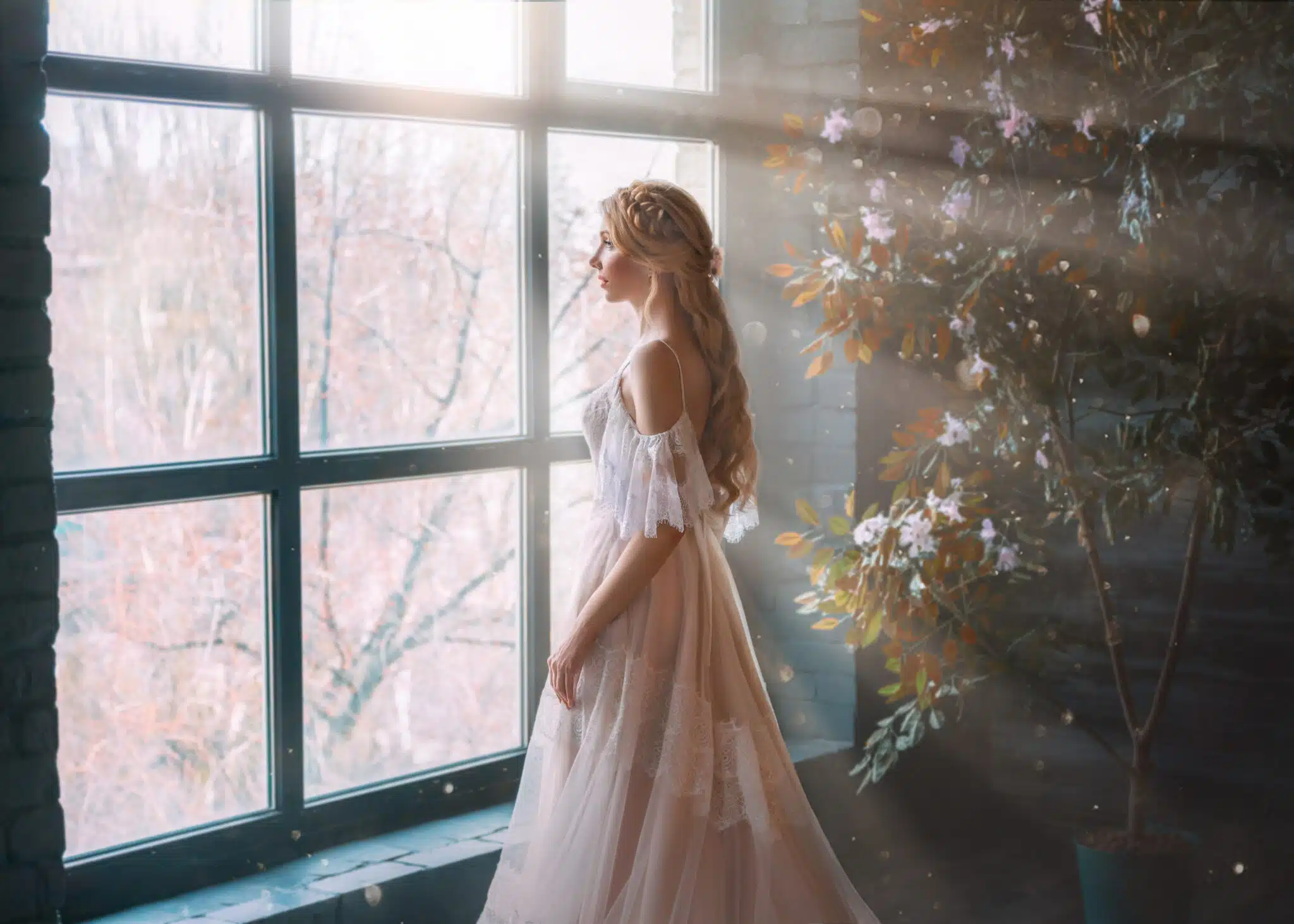
“To a Young Girl at a Window” by Margaret Widdemer
The Poor Old Soul plods down the street,
Contented, and forgetting
How Youth was wild, and Spring was wild
And how her life is setting;
And you lean out to watch her there,
And pity, nor remember,
That Youth is hard, and Life is hard,
And quiet is December.
“The Net” by Margaret Widdemer
The strangers’ children laugh along the street:
They know not, or forget the sweeping of the Net
Swift to ensnare such little careless feet.
And we—we smile and watch them pass along,
And those who walk beside, soft-smiling, cruel-eyed—
We guard our own—not ours to right the wrong!
We do not care—we shall not heed or mark,
Till we shall hear one day, too late to strive or pray,
Our daughters’ voices crying from the dark!
“A Daughter of the States” by Madison Julius Cawein
She has the eyes of some barbarian Queen
Leading her wild tribes into battle; eyes,
Wherein th’ unconquerable soul defies,
And Love sits throned, imperious and serene.
And I have thought that Liberty, alone
Among the mountain stars, might look like her,
Kneeling to God, her only emperor,
Kindling her torch on Freedom’s altar-stone.
For in her self, regal with riches of
Beauty and youth, again those Queens seem born –
Boadicea, meeting scorn with scorn,
And Ermengarde, returning love for love.
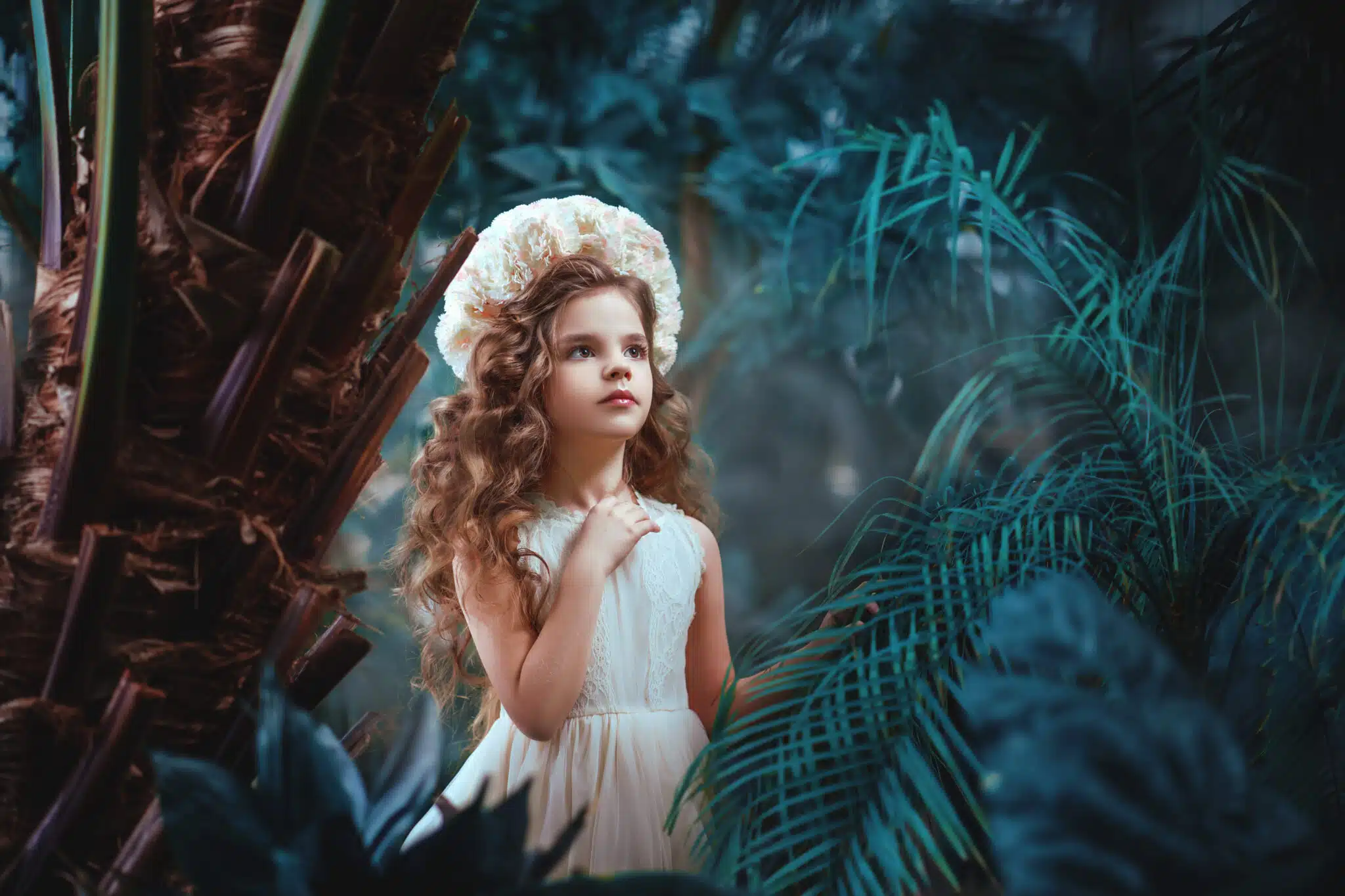
“To a Very Young Lady” by Sir George Etherege
Sweetest Bud of Beauty! may
No untimely frost decay
The early glories, which we trace
Blooming in thy matchless face.
But kindly opening, like the rose,
Fresh beauties, every day disclose;
Such as by Nature are not shown
In all the blossoms she has blown:
And then, what conquest shall you make;
Who hearts already daily take!
Scorched, in the morning with thy beams,
How shall we bear those sad extremes
Which must attend thy threatening eyes,
When thou shalt to thy noon arise?
“The Living Beauty” by W.B. Yeats
I’ll say and maybe dream I have drawn content—
Seeing that time has frozen up the blood,
The wick of youth being burned and the oil spent—
From beauty that is cast out of a mould
In bronze, or that in dazzling marble appears,
Appears, and when we have gone is gone again,
Being more indifferent to our solitude
Than ’twere an apparition. O heart, we are old,
The living beauty is for younger men,
We cannot pay its tribute of wild tears.
“A Maid Who Died Old” by Madison Julius Cawein
Frail, shrunken face, so pinched and worn,
That life has carved with care and doubt!
So weary waiting, night and morn,
For that which never came about!
Pale lamp, so utterly forlorn,
In which God’s light at last is out.
Gray hair, that lies so thin and prim
On either side the sunken brows!
And soldered eyes, so deep and dim,
No word of man could now arouse!
And hollow hands, so virgin slim,
Forever clasped in silent vows!
Poor breasts! that God designed for love,
For baby lips to kiss and press;
That never felt, yet dreamed thereof,
The human touch, the child caress –
That lie like shriveled blooms above
The heart’s long-perished happiness.
O withered body, Nature gave
For purposes of death and birth,
That never knew, and could but crave
Those things perhaps that make life worth, –
Rest now, alas! within the grave,
Sad shell that served no end of Earth.
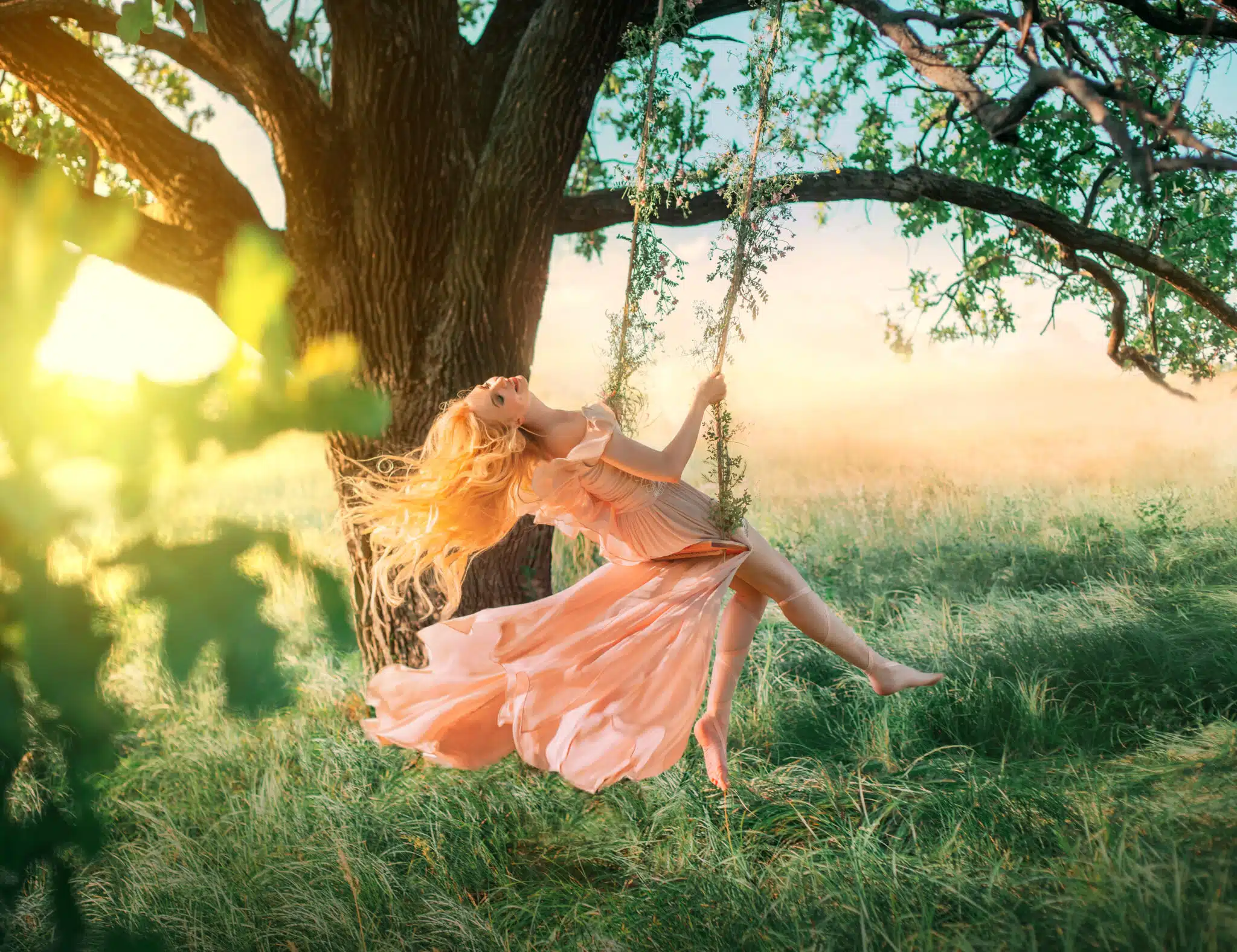
“Bacteria” by Unkn”Of Joan’s Youth” by Louise Imogen Guineyown
I would unto my fair restore
A simple thing:
The flushing cheek she had before!
Out-velveting
No more, no more,
On our sad shore,
The carmine grape, the moth’s auroral wing.
Ah, say how winds in flooding grass
Unmoor the rose;
Or guileful ways the salmon pass
To sea, disclose:
For so, alas,
With Love, alas,
With fatal, fatal Love a girlhood goes.
“The Old Maid” by Sara Teasdale
I saw her in a Broadway car,
The woman I might grow to be;
I felt my lover look at her
And then turn suddenly to me.
Her hair was dull and drew no light,
And yet its color was as mine;
Her eyes were strangely like my eyes,
Tho’ love had never made them shine.
Her body was a thing grown thin,
Hungry for love that never came;
Her soul was frozen in the dark,
Unwarmed forever by love’s flame.
I felt my lover look at her
And then turn suddenly to me,
His eyes were magic to defy
The woman I shall never be.
“To a Virtuous Young Lady” by John Milton
Lady that in the prime of earliest youth,
Wisely hath shun’d the broad way and the green,
And with those few art eminently seen,
That labour up the Hill of heav’nly Truth,
The better part with Mary and with Ruth,
Chosen thou hast, and they that overween,
And at thy growing virtues fret their spleen,
No anger find in thee, but pity and ruth.
Thy care is fixt and zealously attends
To fill thy odorous Lamp with deeds of light,
And Hope that reaps not shame. Therefore be sure
Thou, when the Bridegroom with his feastfull friends
Passes to bliss at the mid hour of night,
Hast gain’d thy entrance, Virgin wise and pure.
Poems About Growing Up and Changing
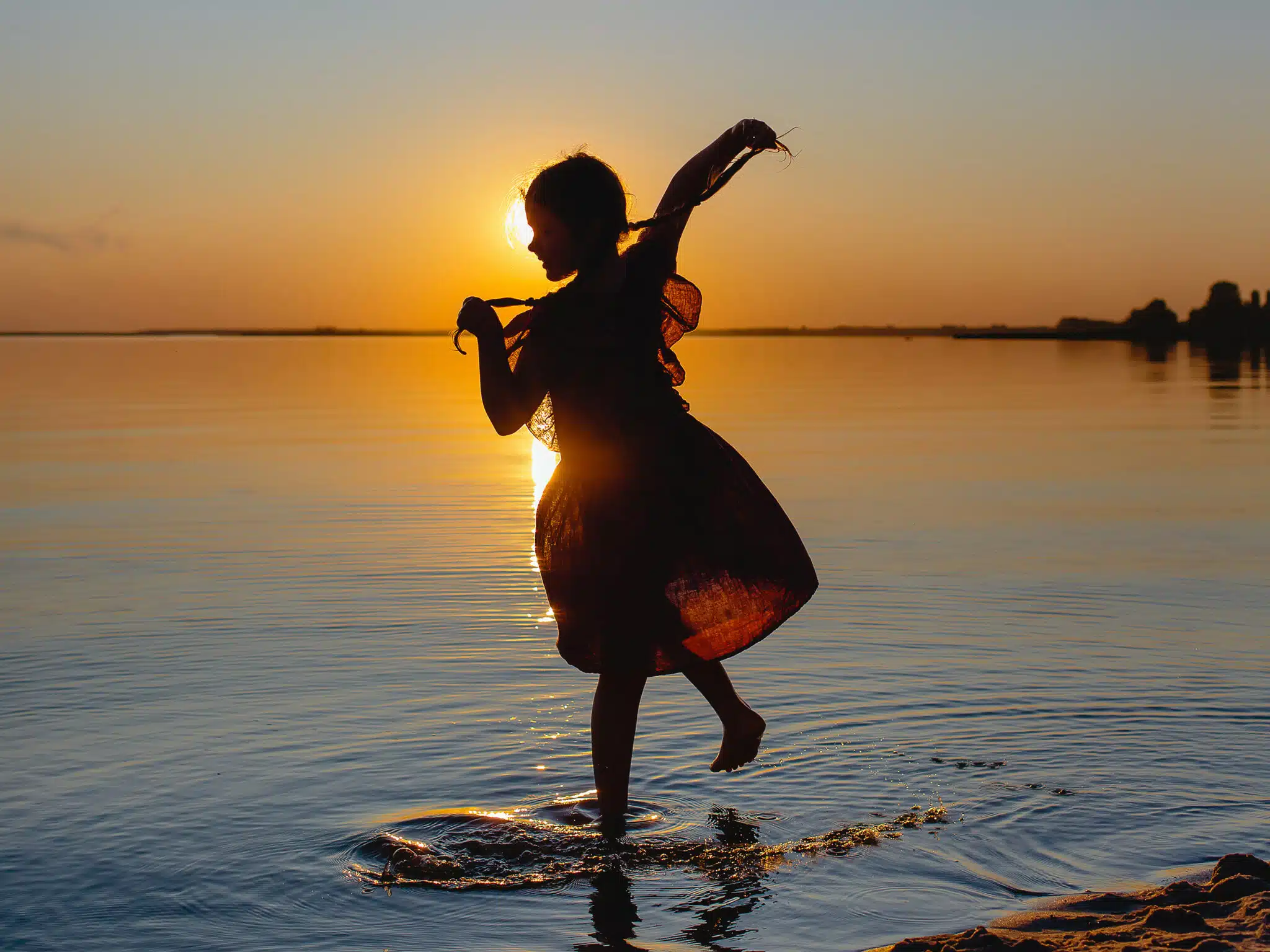
“To a Child Dancing in the Wind” by W.B. Yeats
I
Dance there upon the shore;
What need have you to care
For wind or water’s roar?
And tumble out your hair
That the salt drops have wet;
Being young you have not known
The fool’s triumph, nor yet
Love lost as soon as won,
Nor the best labourer dead
And all the sheaves to bind.
What need have you to dread
The monstrous crying of wind?
II
Has no one said those daring
Kind eyes should be more learn’d?
Or warned you how despairing
The moths are when they are burned,
I could have warned you, but you are young,
So we speak a different tongue.
O you will take whatever’s offered
And dream that all the world’s a friend,
Suffer as your mother suffered,
Be as broken in the end.
But I am old and you are young,
And I speak a barbarous tongue.
“A Tale” by Louise Bogan
This youth too long has heard the break
Of waters in a land of change.
He goes to see what suns can make
From soil more indurate and strange.
He cuts what holds his days together
And shuts him in, as lock on lock:
The arrowed vane announcing weather,
The tripping racket of a clock;
Seeking, I think, a light that waits
Still as a lamp upon a shelf,—
A land with hills like rocky gates
Where no sea leaps upon itself.
But he will find that nothing dares
To be enduring, save where, south
Of hidden deserts, torn fire glares
On beauty with a rusted mouth,—
Where something dreadful and another
Look quietly upon each other.
“Oft, in the Stilly Night (Scotch Air)” by Thomas Moore
Oft, in the stilly night,
Ere slumber’s chain has bound me,
Fond memory brings the light
Of other days around me;
The smiles, the tears,
Of boyhood’s years,
The words of love then spoken;
The eyes that shone,
Now dimm’d and gone,
The cheerful hearts now broken!
Thus, in the stilly night,
Ere slumber’s chain hath bound me,
Sad memory brings the light
Of other days around me.
When I remember all
The friends, so link’d together,
I’ve seen around me fall,
Like leaves in wintry weather;
I feel like one
Who treads alone
Some banquet-hall deserted,
Whose lights are fled,
Whose garlands dead,
And all but he departed!
Thus, in the stilly night,
Ere slumber’s chain has bound me,
Sad memory brings the light
Of other days around me.
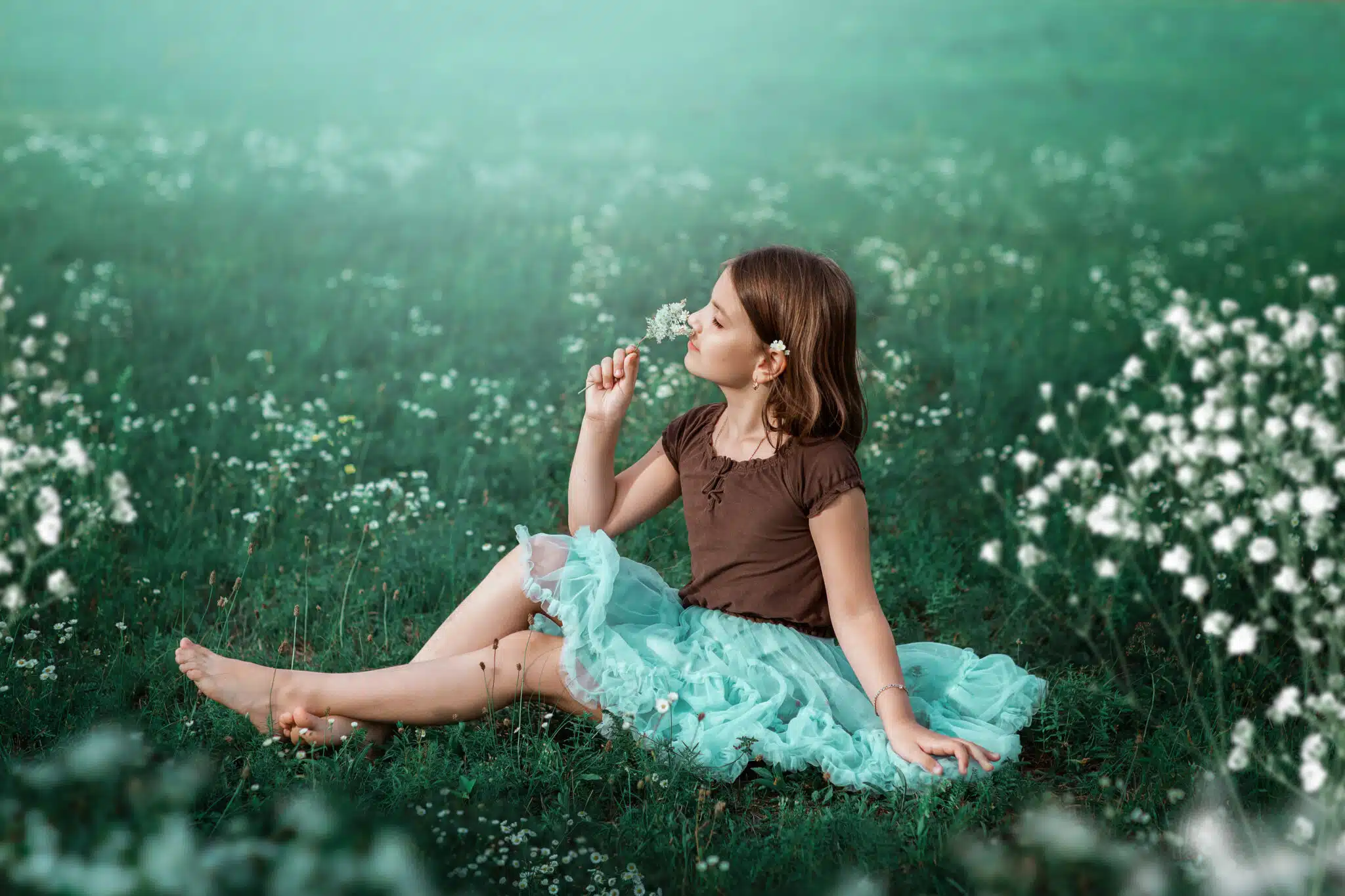
“Innocent Child and Snow-White Flower” by William Cullen Bryant
Innocent child and snow-white flower!
Well are ye paired in your opening hour.
Thus should the pure and the lovely meet,
Stainless with stainless, and sweet with sweet.
White as those leaves, just blown apart,
Are the folds of thy own young heart;
Guilty passion and cankering care
Never have left their traces there.
Artless one! though thou gazest now
O’er the white blossom with earnest brow,
Soon will it tire thy childish eye;
Fair as it is, thou wilt throw it by.
Throw it aside in thy weary hour,
Throw to the ground the fair white flower;
Yet, as thy tender years depart,
Keep that white and innocent heart.
“Unanswered” by Madison Julius Cawein
How long ago it is since we went Maying!
Since she and I went Maying long ago! –
The years have left my forehead lined, I know,
Have thinned my hair around the temples graying.
Ah, time will change us: yea, I hear it saying –
“She too grows old: the face of rose and snow
Has lost its freshness: in the hair’s brown glow
Some strands of silver sadly, too, are straying.
The form you knew, whose beauty so enspelled,
Has lost the litheness of its loveliness:
And all the gladness that her blue eyes held
Tears and the world have hardened with distress.” –
“True! true!” I answer, “O ye years that part!
These things are chaned – but is her heart, her heart?”
“Men Improve With the Years” by W.B. Yeats
I am worn out with dreams;
A weather-worn, marble triton
Among the streams;
And all day long I look
Upon this lady’s beauty
As though I had found in book
A pictured beauty,
Pleased to have filled the eyes
Or the discerning ears,
Delighted to be but wise,
For men improve with the years;
And yet and yet
Is this my dream, or the truth?
O would that we had met
When I had my burning youth;
But I grow old among dreams,
A weather-worn, marble triton
Among the streams.
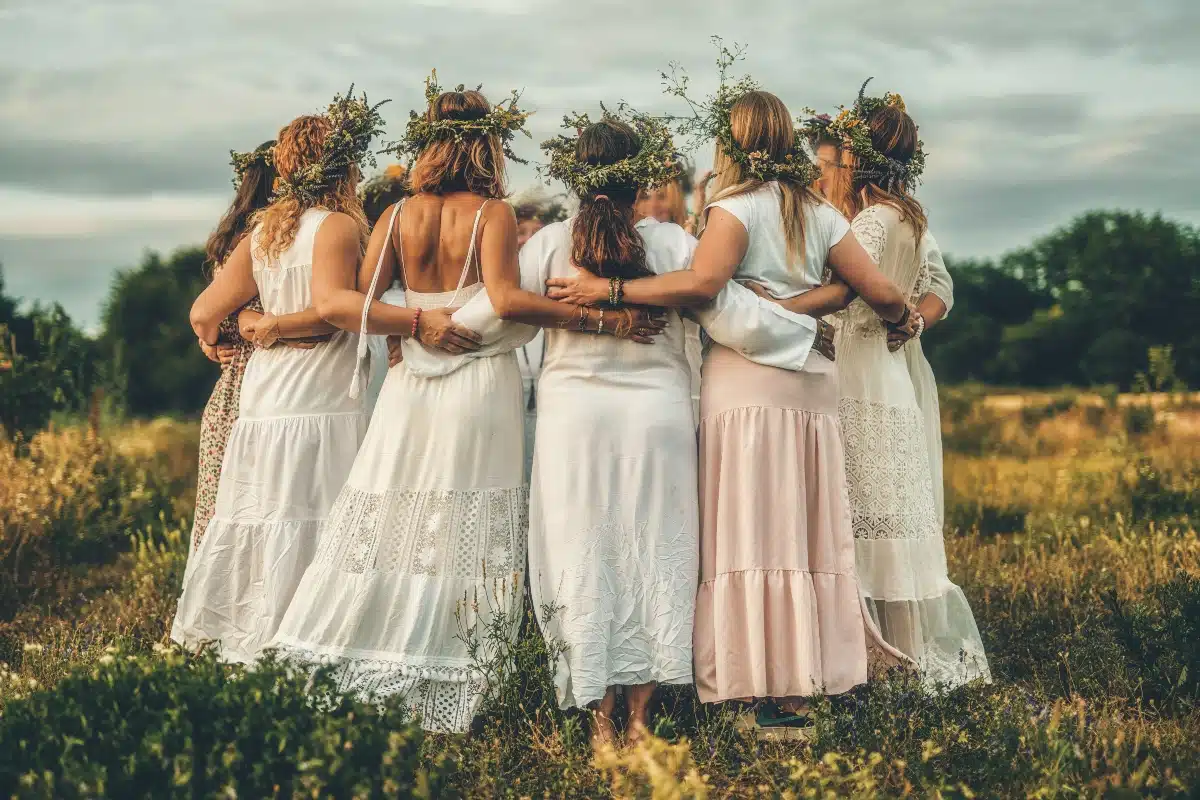
“To the Girls of the Unions” by Francis William Lauderdale Adams
Girls, we love you, and love
Asks you to give again
That which draws it above,
Beautiful, without stain.
Give us weariless faith
In our Cause pure, passionate,
Dearer than life and death,
Dear as the love that’s it!
Give to the man who turns
Traitrous hands or forlorn
Back from the plough that burns,
Give him pitiless scorn!
Let him know that no wife
Would bear him a fearless child
To hate and loathe the life
Of a leprous father defiled.
Girls, we love you, and love
Asks you to give again
That which draws it above,
Beautiful, without stain!
“Looking Forward” by Robert Louis Stevenson
When I am grown to man’s estate
I shall be very proud and great,
And tell the other girls and boys
Not to meddle with my toys.
“Age and Youth” by George William Russell
We have left our youth behind:
Earth is in its baby years:
Void of wisdom cries the wind,
And the sunlight knows no tears.
When shall twilight feel the awe,
All the rapt thought of the sage,
And the lips of wind give law
Drawn from out their lore of age?
When shall earth begin to burn
With such love as thrills my breast?
When shall we together turn
To our long, long home for rest?
Child and father, we grow old
While you laugh and play with flowers;
And life’s tale for us is told
Holding only empty hours.
Giant child, on you await
All the hopes and fears of men.
In thy fulness is our fate—
What till then, oh, what till then?
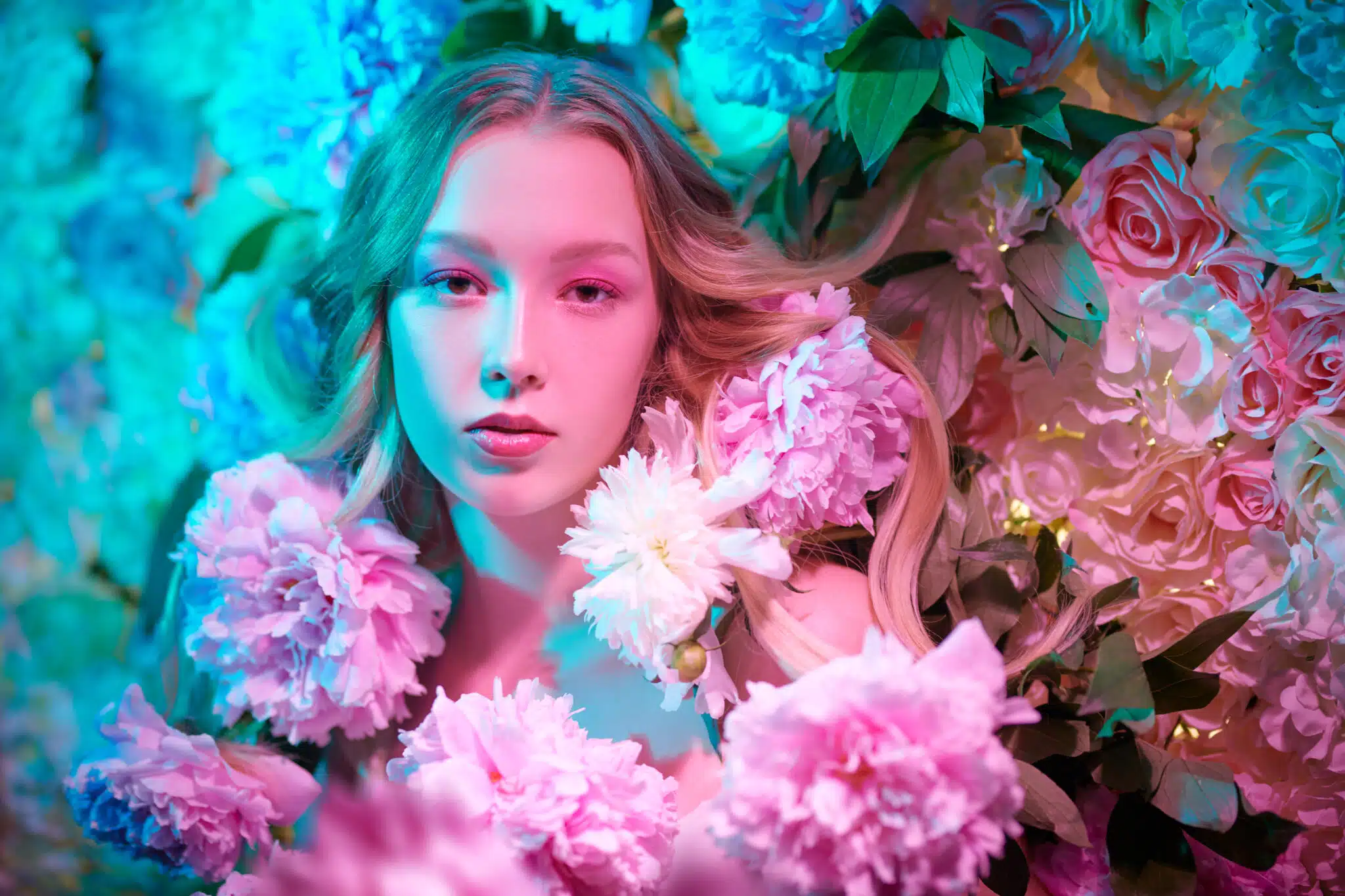
“Memory” by W.B. Yeats
One had a lovely face,
And two or three had charm,
But charm and face were in vain
Because the mountain grass
Cannot but keep the form
Where the mountain hare has lain.
“Picture-Show” by Siegfried Sassoon
And still they come and go: and this is all I know—
That from the gloom I watch an endless picture-show,
Where wild or listless faces flicker on their way,
With glad or grievous hearts I’ll never understand
Because Time spins so fast, and they’ve no time to stay
Beyond the moment’s gesture of a lifted hand.
And still, between the shadow and the blinding flame,
The brave despair of men flings onward, ever the same
As in those doom-lit years that wait them, and have been…
And life is just the picture dancing on a screen.
“Alexander Throckmorton” by Edgar Lee Masters
In youth my wings were strong and tireless,
But I did not know the mountains.
In age I knew the mountains
But my weary wings could not follow my vision—
Genius is wisdom and youth.
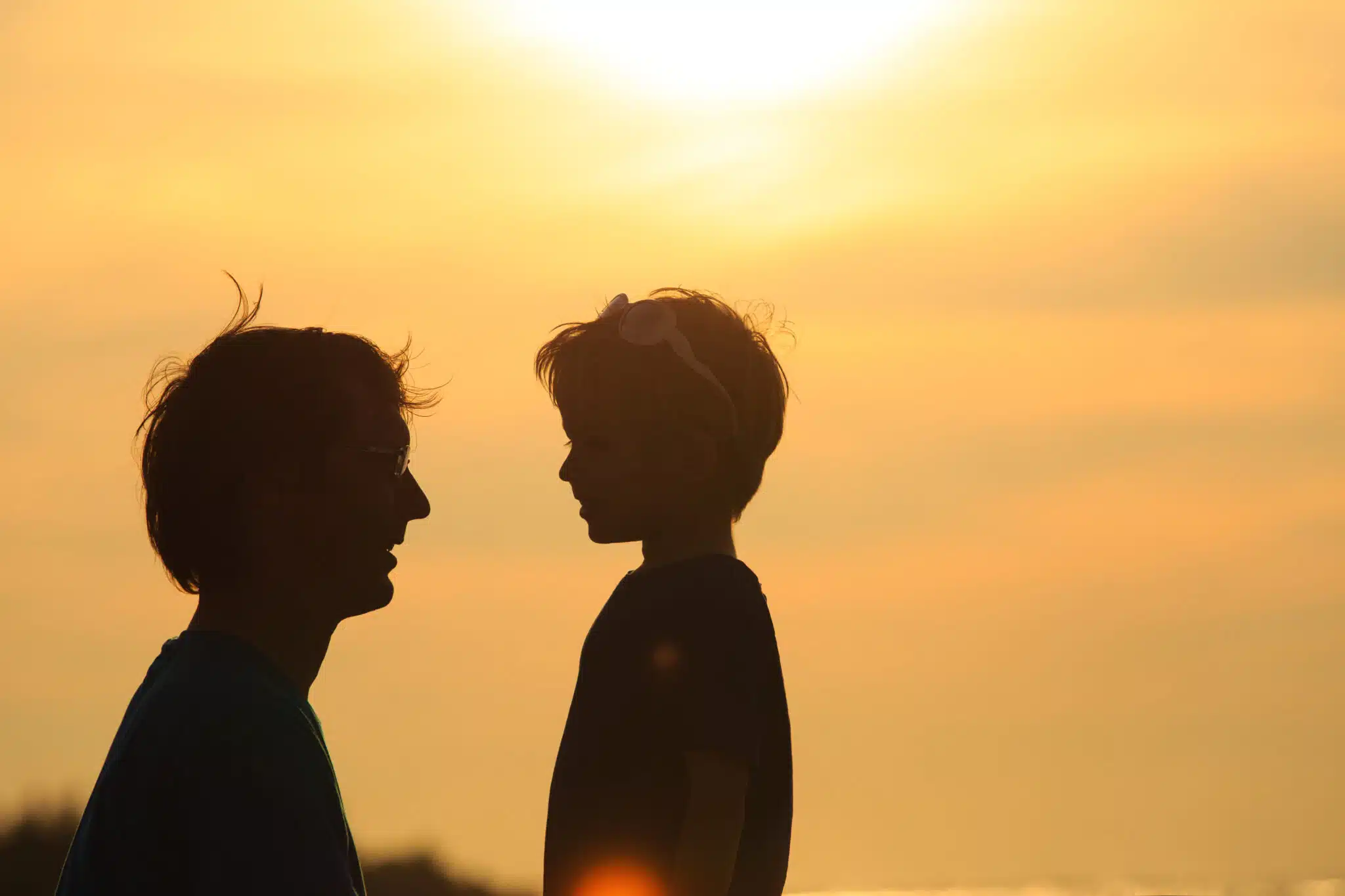
“To Dick, on His Sixth Birthday” by Sara Teasdale
Tho’ I am very old and wise,
And you are neither wise nor old,
When I look far into your eyes,
I know things I was never told:
I know how flame must strain and fret
Prisoned in a mortal net;
How joy with over-eager wings,
Bruises the small heart where he sings;
How too much life, like too much gold,
Is sometimes very hard to hold….
All that is talking-I know
This much is true, six years ago
An angel living near the moon
Walked thru the sky and sang a tune
Plucking stars to make his crown
And suddenly two stars fell down,
Two falling arrows made of light.
Six years ago this very night
I saw them fall and wondered why
The angel dropped them from the sky
But when I saw your eyes I knew
The angel sent the stars to you.
“Wisdom” by Sara Teasdale
When I have ceased to break my wings
Against the faultiness of things,
And learned that compromises wait
Behind each hardly opened gate,
When I have looked Life in the eyes,
Grown calm and very coldly wise,
Life will have given me the Truth,
And taken in exchange, my youth.
“Emily Sparks” by Edgar Lee Masters
Where is my boy, my boy—
In what far part of the world?
The boy I loved best of all in the school?—
I, the teacher, the old maid, the virgin heart,
Who made them all my children.
Did I know my boy aright,
Thinking of him as spirit aflame,
Active, ever aspiring?
Oh, boy, boy, for whom I prayed and prayed
In many a watchful hour at night,
Do you remember the letter I wrote you
Of the beautiful love of Christ?
And whether you ever took it or not,
My boy, wherever you are,
Work for your soul’s sake,
That all the clay of you, all of the dross of you,
May yield to the fire of you,
Till the fire is nothing but light!…
Nothing but light!
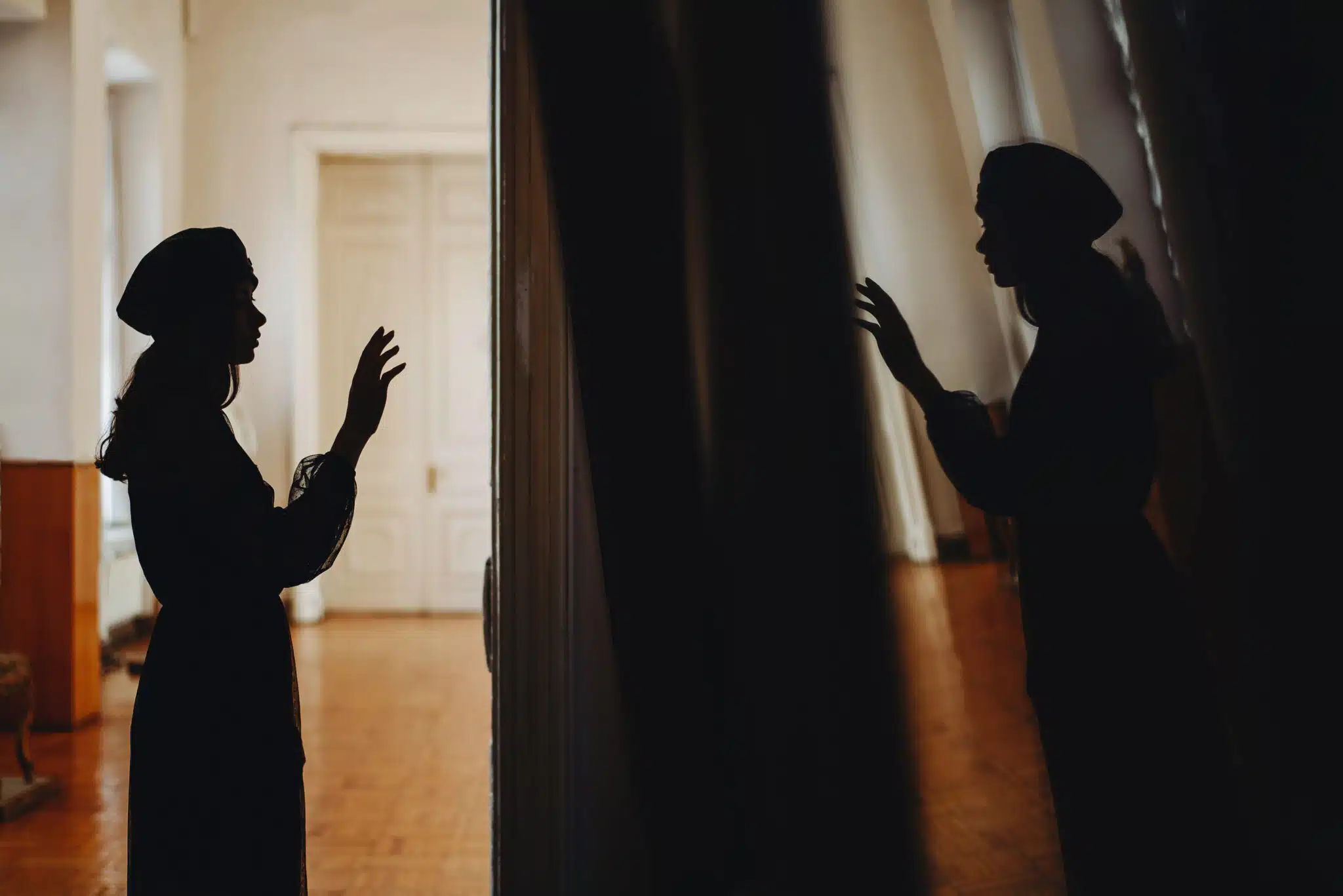
“I Years Had Been From Home” by Emily Dickinson
I years had been from home,
And now, before the door,
I dared not open, lest a face
I never saw before
Stare vacant into mine
And ask my business there.
My business,—just a life I left,
Was such still dwelling there?
I fumbled at my nerve,
I scanned the windows near;
The silence like an ocean rolled,
And broke against my ear.
I laughed a wooden laugh
That I could fear a door,
Who danger and the dead had faced,
But never quaked before.
I fitted to the latch
My hand, with trembling care,
Lest back the awful door should spring,
And leave me standing there.
I moved my fingers off
As cautiously as glass,
And held my ears, and like a thief
Fled gasping from the house.
“Memory” by Siegfried Sassoon
When I was young my heart and head were light,
And I was gay and feckless as a colt
Out in the fields, with morning in the may,
Wind on the grass, wings in the orchard bloom.
O thrilling sweet, my joy, when life was free
And all the paths led on from hawthorn-time
Across the carolling meadows into June.
But now my heart is heavy-laden. I sit
Burning my dreams away beside the fire:
For death has made me wise and bitter and strong;
And I am rich in all that I have lost.
O starshine on the fields of long-ago,
Bring me the darkness and the nightingale;
Dim wealds of vanished summer, peace of home,
And silence; and the faces of my friends.
“To-Day” by Ralph Waldo Emerson
I rake no coffined clay, nor publish wide
The resurrection of departed pride.
Safe in their ancient crannies, dark and deep,
Let kings and conquerors, saints and soldiers sleep—
Late in the world,—too late perchance for fame,
Just late enough to reap abundant blame,—
I choose a novel theme, a bold abuse
Of critic charters, an unlaurelled Muse.
Old mouldy men and books and names and lands
Disgust my reason and defile my hands.
I had as lief respect an ancient shoe,
As love old things for age, and hate the new.
I spurn the Past, my mind disdains its nod,
Nor kneels in homage to so mean a God.
I laugh at those who, while they gape and gaze,
The bald antiquity of China praise.
Youth is (whatever cynic tubs pretend)
The fault that boys and nations soonest mend.
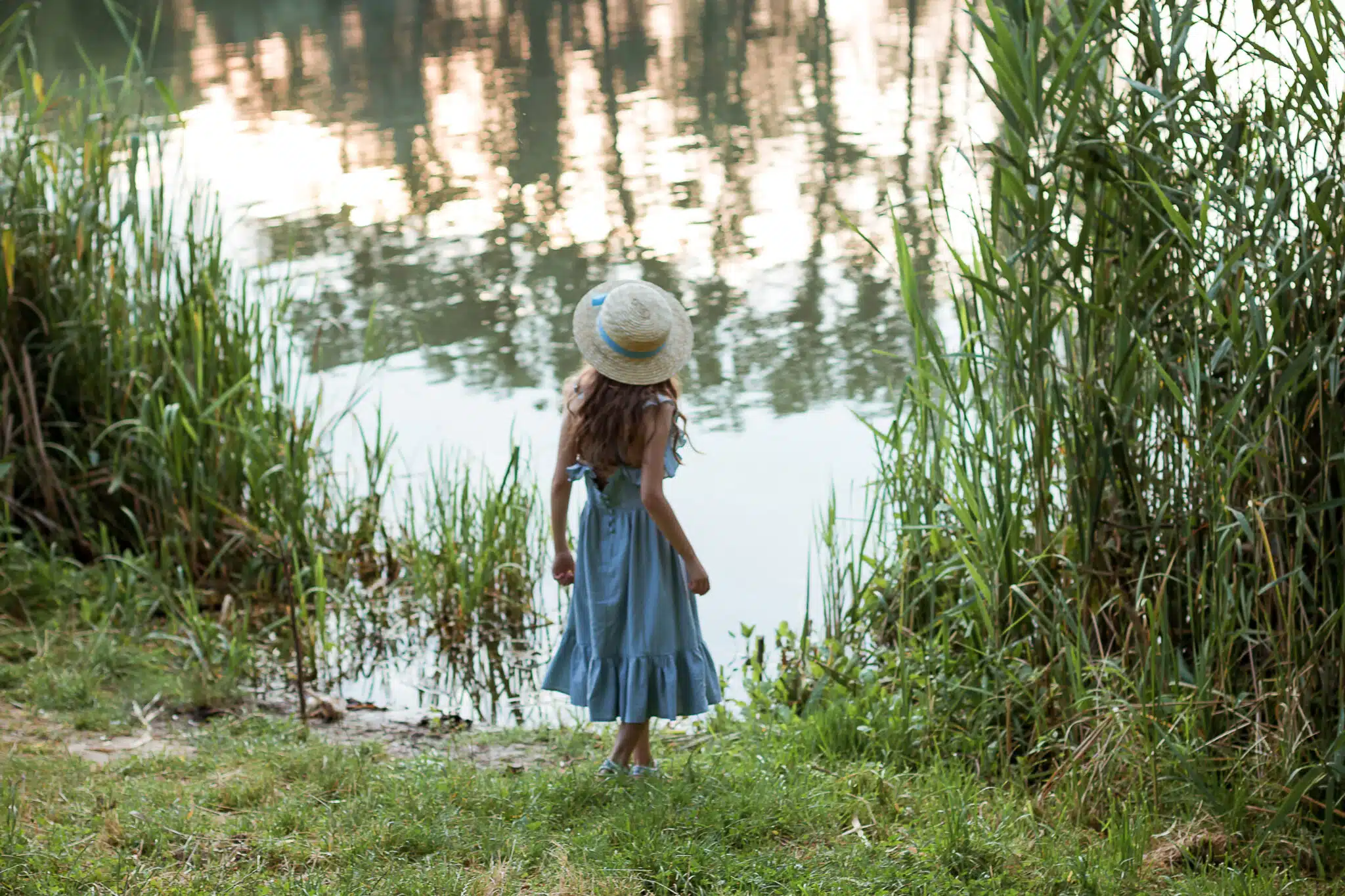
“Childhood Calls” by John Frederick Freeman
Come over, come over the deepening river,
Come over again the dark torrent of years,
Come over, come back where the green leaves quiver,
And the lilac still blooms and the grey sky clears.
Come, come back to the everlasting garden,
To that green heaven, and the blue heaven above.
Come back to the time when time brought no burden
And love was unconscious, knowing not love.
“Time and Life” by Algernon Charles Swinburne
I.
Time, thy name is sorrow, says the stricken
Heart of life, laid waste with wasting flame
Ere the change of things and thoughts requicken,
Time, thy name.
Girt about with shadow, blind and lame,
Ghosts of things that smite and thoughts that sicken
Hunt and hound thee down to death and shame.
Eyes of hours whose paces halt or quicken
Read in bloodred lines of loss and blame,
Writ where cloud and darkness round it thicken,
Time, thy name.
II.
Nay, but rest is born of me for healing,
So might haply time, with voice represt,
Speak: is grief the last gift of my dealing?
Nay, but rest.
All the world is wearied, east and west,
Tired with toil to watch the slow sun wheeling,
Twelve loud hours of life’s laborious quest.
Eyes forspent with vigil, faint and reeling,
Find at last my comfort, and are blest,
Not with rapturous light of life’s revealing
Nay, but rest.
“Love in Thy Youth” by Walter Porter
Love in thy youth, fair maid; be wise
Old Time will make thee colder,
And though each morning new arise
Yet we each day grow older.
Thou as heaven art fair and young,
Thine eyes like twin stars shining:
But ere another day be sprung,
All these will be declining;
Then winter comes with all his fears,
And all thy sweets shall borrow;
Too late then wilt thou shower thy tears,
And I too late shall sorrow.
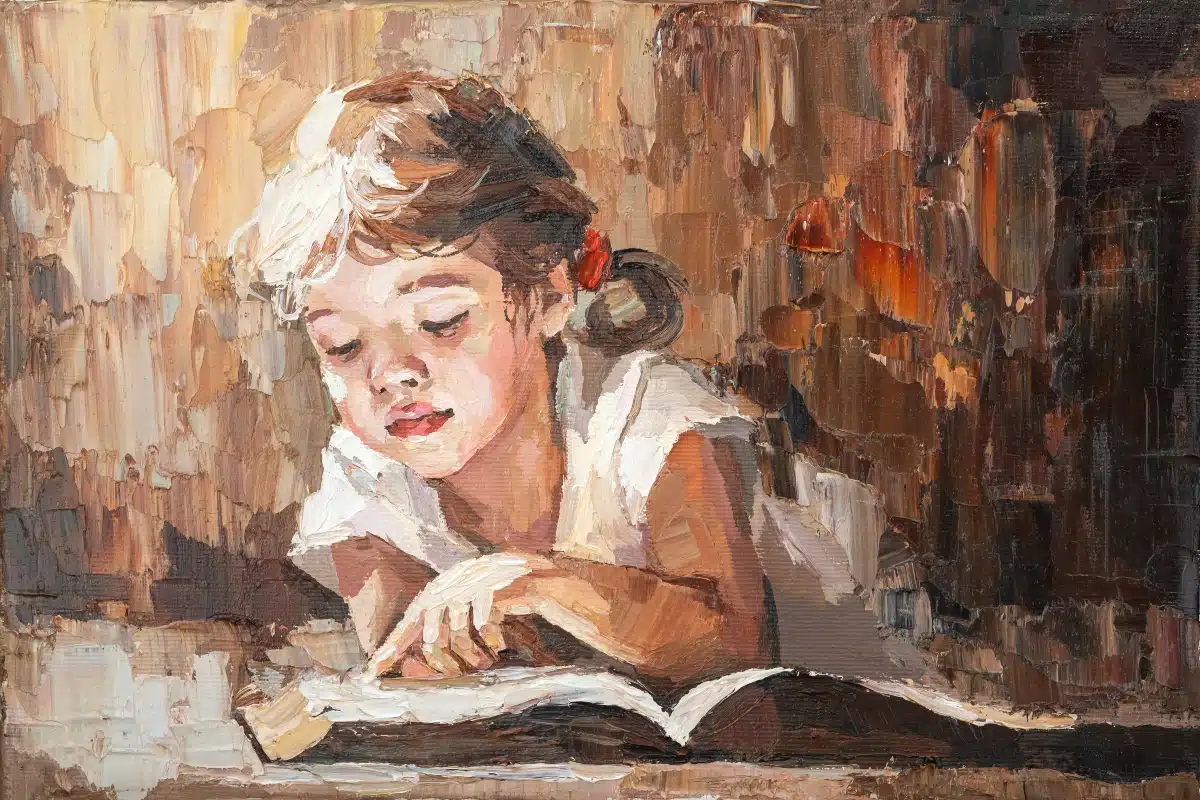
“On a Child’s Portrait” by Arthur Stringer
Deep in the fluted hollow of its shells
Dimly some echo of the ocean dwells.
Still in September’s fruitage, mellow-cored,
The filtered sweets of golden noons are stored.
And shimmering on a blue-bird’s migrant wings
Some poignant touch of June’s lost azure clings.
Still in the rustling sheaf to-day there gleams
The lingering gold of April’s vanished dreams.
Still in the cell of one autumnal bee
I find lost summer in epitome.
And all that better life that I would lead,
Writ small in this, one childish face, I read.
“Life” by John Hall Wheelock
Life burns us up like fire,
And Song goes up in flame:
The radiant body smoulders
To the ashes whence it came.
Out of things it rises
With a mouth that laughs and sings,
Backward it fades and falters
Into the char of things.
Yet soars a voice above it—
Love is holy and strong;
The best of us forever
Escapes in Love and Song.
“The Change” by Charles Philip Nettleton
Unconsciously we wail with life’s first breath,
So dark and dure the past throws down its shade;
But ripening years to strength and peace persuade
Our souls, and consciously, we smile at death.
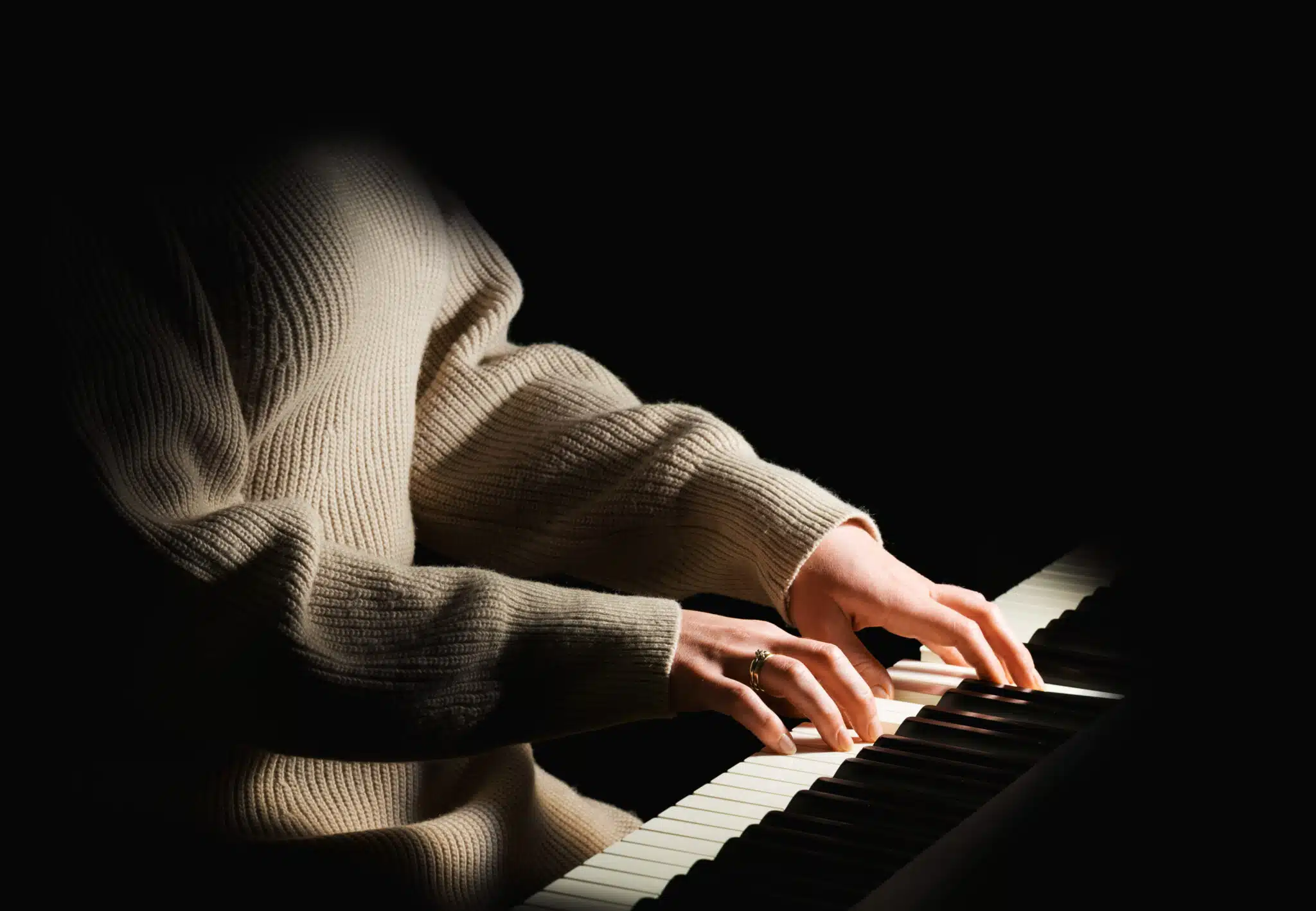
“An Old Man’s Song” by Alexey Koltzov
I shall saddle a horse,
A swift courser, he,
I shall fly, I shall rush,
As the hawk is keen,
Over fields, over seas,
To a distant land.
I shall overtake there
My young youth again.
I shall make myself spruce
Be a blade again,
I shall make a fine show
For the girls again.
But alas! no road leads
To the past we’ve left,
And the sun will not rise
For us in the west.
“Youth, Day, Old Age and Night” by Walt Whitman
Youth, large, lusty, loving—youth full of grace, force, fascination,
Do you know that Old Age may come after you with equal grace, force, fascination?
Day full-blown and splendid—day of the immense sun, action, ambition, laughter,
The Night follows close with millions of suns, and sleep and restoring darkness.
Poems About Growing Up as a Boy
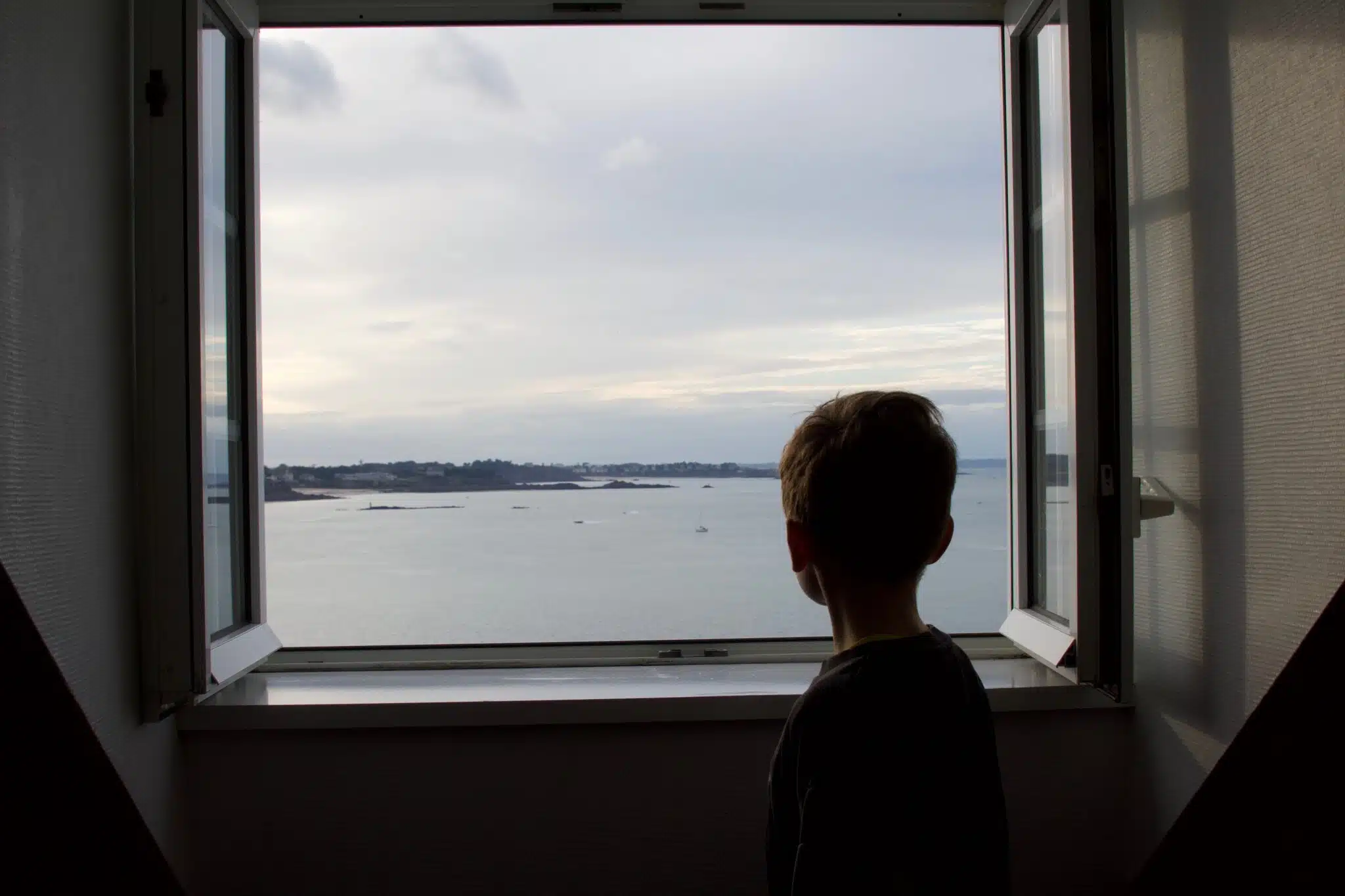
“The Boy” by William Allingham
The Boy from his bedroom-window
Look’d over the little town,
And away to the bleak black upland
Under a clouded moon.
The moon came forth from her cavern,
He saw the sudden gleam
Of a tarn in the swarthy moorland;
Or perhaps the whole was a dream.
For I never could find that water
In all my walks and rides:
Far-off, in the Land of Memory,
That midnight pool abides.
Many fine things had I glimpse of,
And said, “I shall.find them one day.”
Whether within or without me
They were, I cannot say.
“My Heart Leaps Up” by William Wordsworth
My heart leaps up when I behold
A rainbow in the sky:
So was it when my life began;
So is it now I am a man;
So be it when I shall grow old,
Or let me die!
The Child is father of the Man;
And I could wish my days to be
Bound each to each by natural piety.
“Wisdom Cometh With the Years” by Countee Cullen
Now I am young and credulous,
My heart is quick to bleed
At courage in the tremulous
Slow sprouting of a seed.
Now I am young and sensitive,
Man’s lack can stab me through;
I own no stitch I would not give
To him that asked me to.
Now I am young and a fool for love,
My blood goes mad to see
A brown girl pass me like a dove
That flies melodiously.
Let me be lavish of my tears,
And dream that false is true;
Though wisdom cometh with the years,
The barren days come, too.
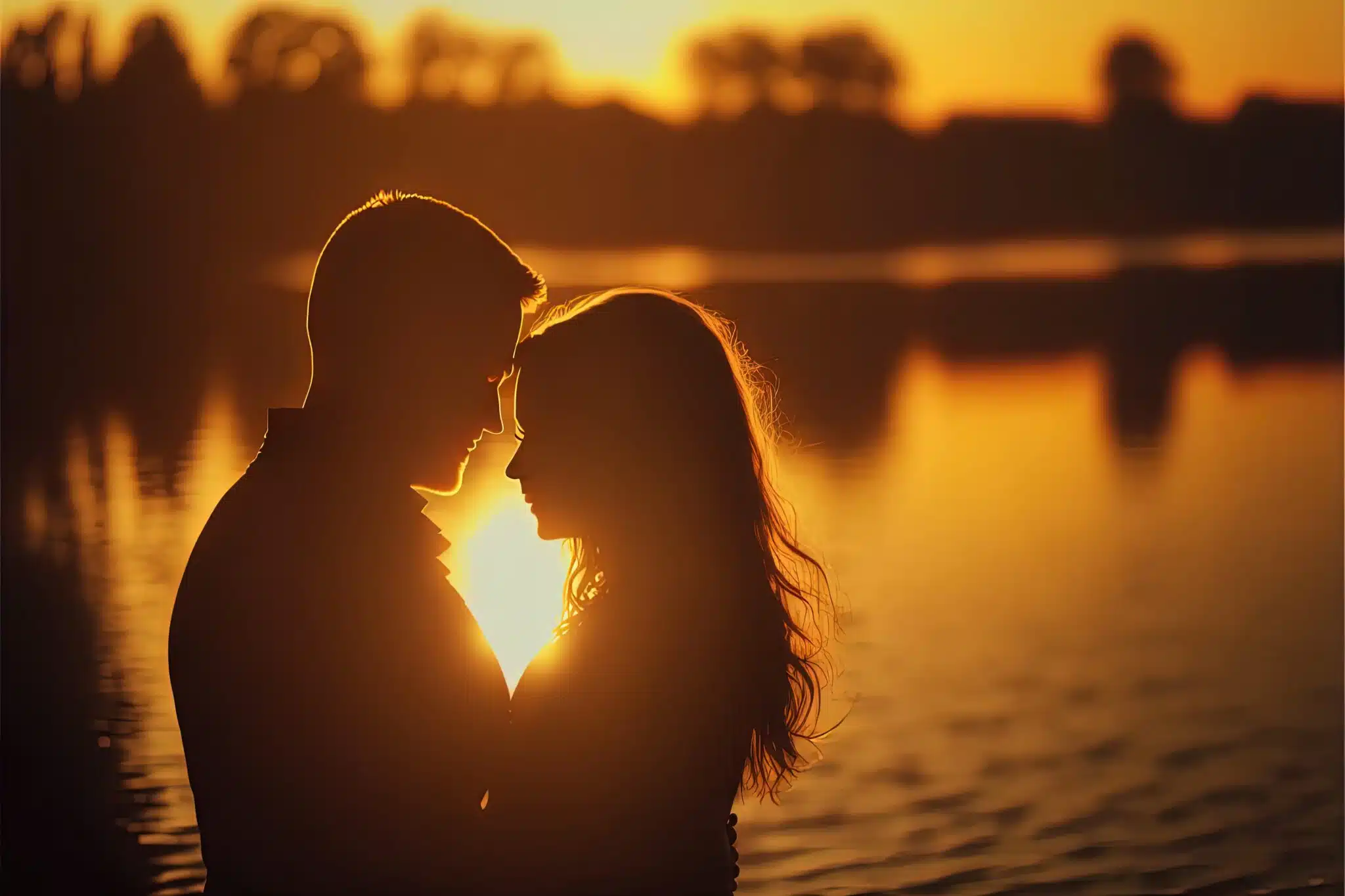
“Francis Turner” by Edgar Lee Masters
I could not run or play
In boyhood.
In manhood I could only sip the cup,
Not drink –
For scarlet-fever left my heart diseased.
Yet I lie here
Soothed by a secret none but Mary knows:
There is a garden of acacia,
Catalpa trees, and arbors sweet with vines –
There on that afternoon in June
By Mary’s side –
Kissing her with my soul upon my lips
It suddenly took flight.
“Going Down Hill on a Bicycle” by Henry Charles Beeching
A Boy’s Song
With lifted feet, hands still,
I am poised, and down the hill
Dart, with heedful mind;
The air goes by in a wind.
Swifter and yet more swift,
Till the heart with a mighty lift
Makes the lungs laugh, the throat cry:—
“O bird, see; see, bird, I fly.
“Is this, is this your joy?
O bird, then I, though a boy,
For a golden moment share
Your feathery life in air!”
Say, heart, is there aught like this
In a world that is full of bliss?
‘Tis more than skating, bound
Steel-shod to the level ground.
Speed slackens now, I float
Awhile in my airy boat;
Till, when the wheels scarce crawl,
My feet to the treadles fall.
Alas, that the longest hill
Must end in a vale; but still,
Who climbs with toil, wheresoe’er,
Shall find wings waiting there.
“Improvisations: Light And Snow 05” by Conrad Potter Aiken
When I was a boy, and saw bright rows of icicles
In many lengths along a wall
I was dissappointed to find
That I could not play music upon them:
I ran my hand lightly across them
And they fell, tinkling.
I tell you this, young man, so that your expectations of life
Will not be too great.
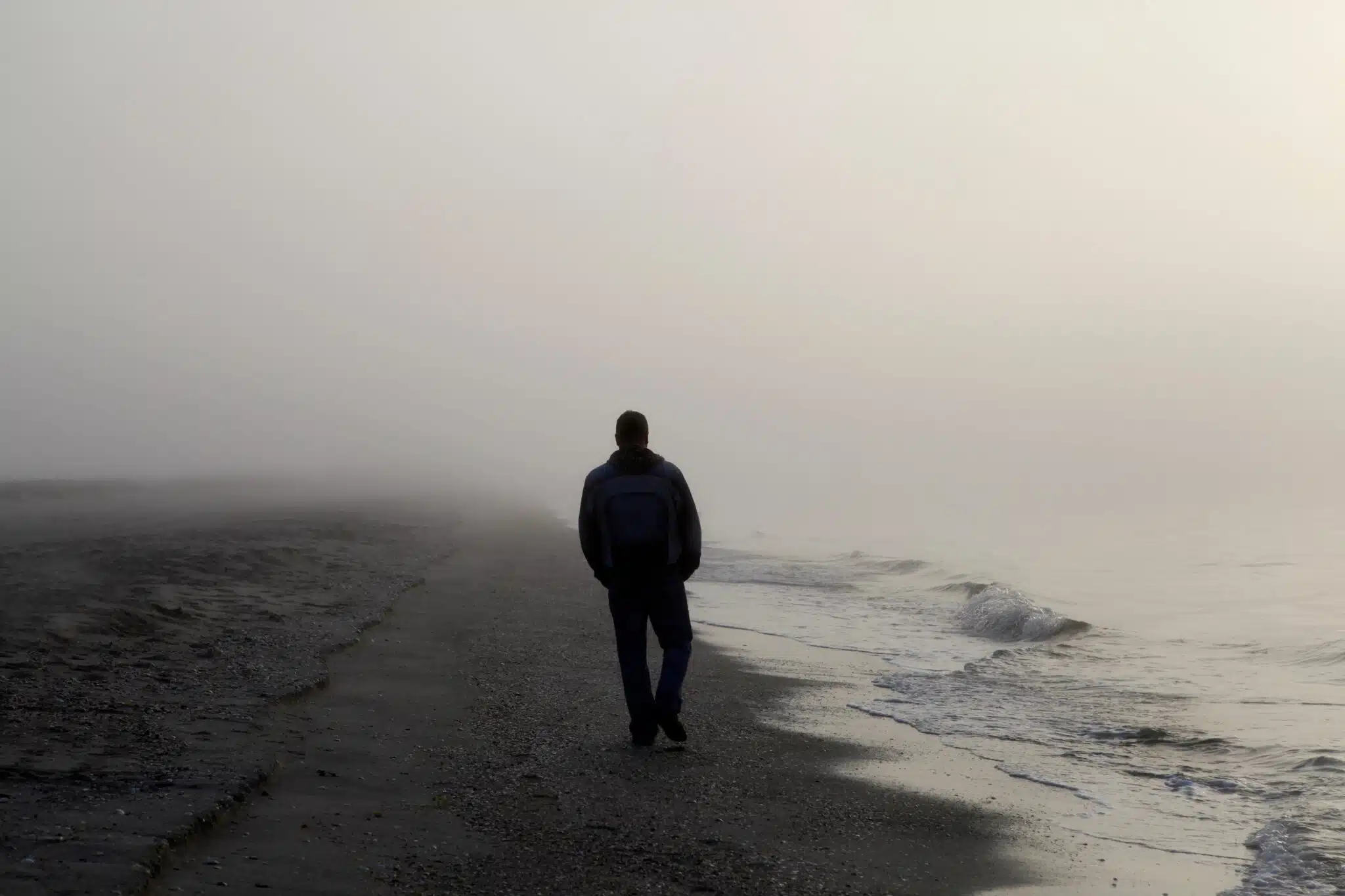
“A Son of the Sea” by Bliss Carman (William)
I was born for deep-sea faring;
I was bred to put to sea;
Stories of my father’s daring
Filled me at my mother’s knee.
I was sired among the surges;
I was cubbed beside the foam;
All my heart is in its verges,
And the sea wind is my home.
All my boyhood, from far vernal
Bourns of being, came to me
Dream-like, plangent, and eternal
Memories of the plunging sea.
“A Man in His Life” by Yehuda Amichai
A man doesn’t have time in his life
to have time for everything.
He doesn’t have seasons enough to have
a season for every purpose. Ecclesiastes
Was wrong about that.
A man needs to love and to hate at the same moment,
to laugh and cry with the same eyes,
with the same hands to throw stones and to gather them,
to make love in war and war in love.
And to hate and forgive and remember and forget,
to arrange and confuse, to eat and to digest what history
takes years and years to do.
A man doesn’t have time.
When he loses he seeks, when he finds
he forgets, when he forgets he loves, when he loves he begins to forget.
“Odes of a Boy” by Margaret Steele Anderson
Fades the great pyramid, the blank walls fade!
And thou, immortal boy, dost walk with me
Along that grove from out whose deeper shade
The nightingale sings living ecstasy.
And where thy burial-stone so long is set
With plaintive lines that tell a day’s despair,
Lo, now that urn with happy figures fret
Which cannot fail, but go eternal fair!
Yet, suddenly, the wind of death is blown
On all earth ‘s beauty, even at its prime;
The red rose drops, the hand of Joy is flown,
And thou, oh, thou art dust this long, long time!
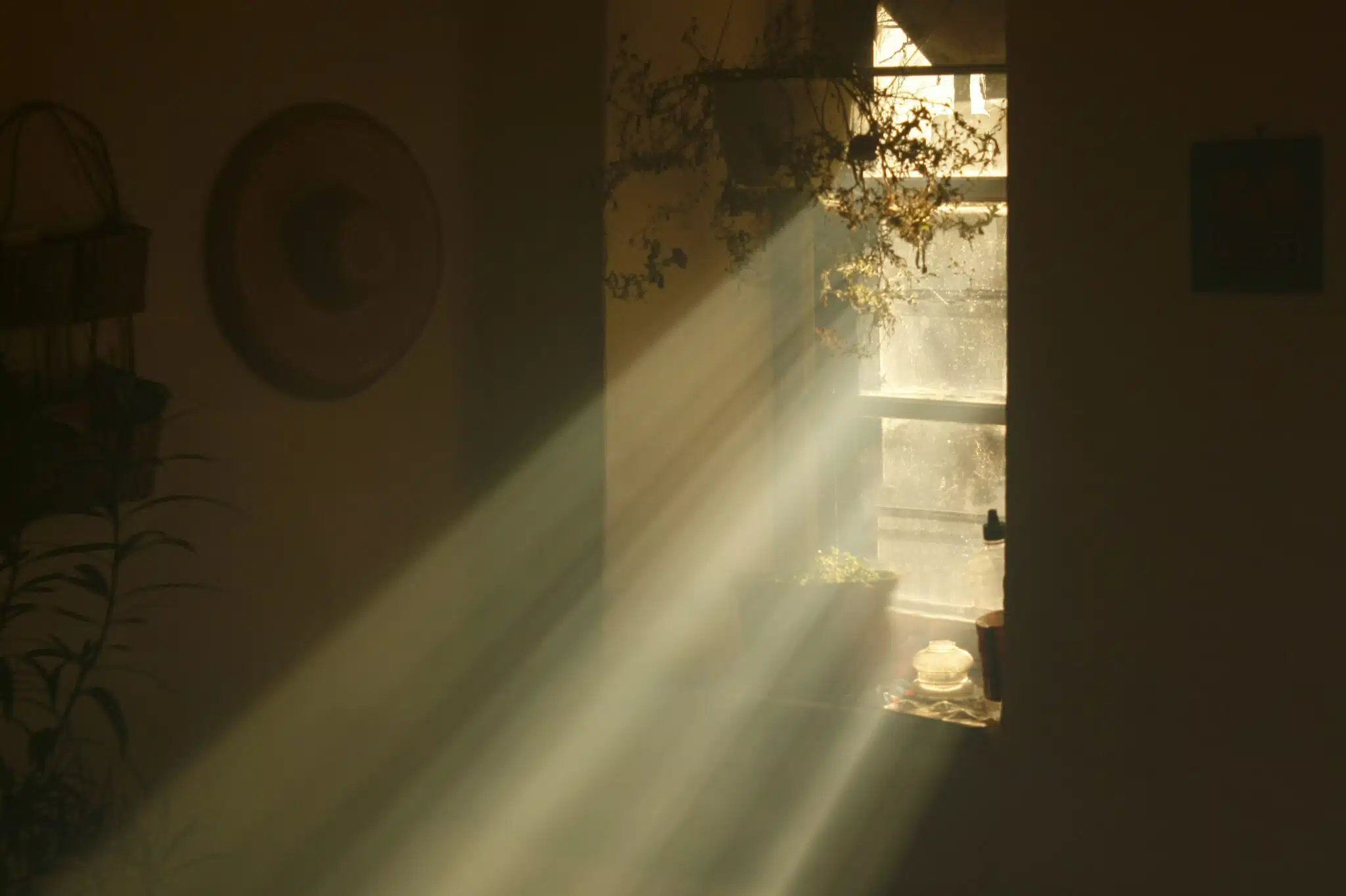
“I Remember, I Remember” by Thomas Hood
I remember, I remember,
The house where I was born,
The little window where the sun
Came peeping in at morn;
He never came a wink too soon,
Nor brought too long a day,
But now, I often wish the night
Had borne my breath away!
I remember, I remember,
The roses, red and white,
The violets, and the lily-cups,
Those flowers made of light!
The lilacs where the robin built,
And where my brother set
The laburnum on his birthday, –
The tree is living yet!
I remember, I remember,
Where I was used to swing,
And thought the air must rush as fresh
To swallows on the wing;
My spirit flew in feathers then,
That is so heavy now,
And summer pools could hardly cool
The fever on my brow!
I remember, I remember,
The fir trees dark and high;
I used to think their slender tops
Were close against the sky:
It was a childish ignorance,
But now ’tis little joy
To know I’m farther off from Heav’n
Than when I was a boy.
“The Young Man’s Song” by W.B. Yeats
I whispered, ‘I am too young,’
And then, ‘I am old enough’;
Wherefore I threw a penny
To find out if I might love.
‘Go and love, go and love, young man,
If the lady be young and fair,’
Ah, penny, brown penny, brown penny,
I am looped in the loops of her hair.
Oh, love is the crooked thing,
There is nobody wise enough
To find out all that is in it,
For he would be thinking of love
Till the stars had run away,
And the shadows eaten the moon.
Ah, penny, brown penny, brown penny,
One cannot begin it too soon.
“Threes” by Carl Sandburg
I was a boy when I heard three red words
a thousand Frenchmen died in the streets
for: Liberty, Equality, Fraternity—I asked
why men die for words.
I was older; men with mustaches, sideburns,
lilacs, told me the high golden words are:
Mother, Home, and Heaven—other older men with
face decorations said: God, Duty, Immortality
—they sang these threes slow from deep lungs.
Years ticked off their say-so on the great clocks
of doom and damnation, soup and nuts: meteors flashed
their say-so: and out of great Russia came three
dusky syllables workmen took guns and went out to die
for: Bread, Peace, Land.
And I met a marine of the U.S.A., a leatherneck with a girl on his knee for a memory in ports circling the earth and he said: Tell me how to say three things and I always get by—gimme a plate of ham and eggs—how much?—and—do you love me, kid?
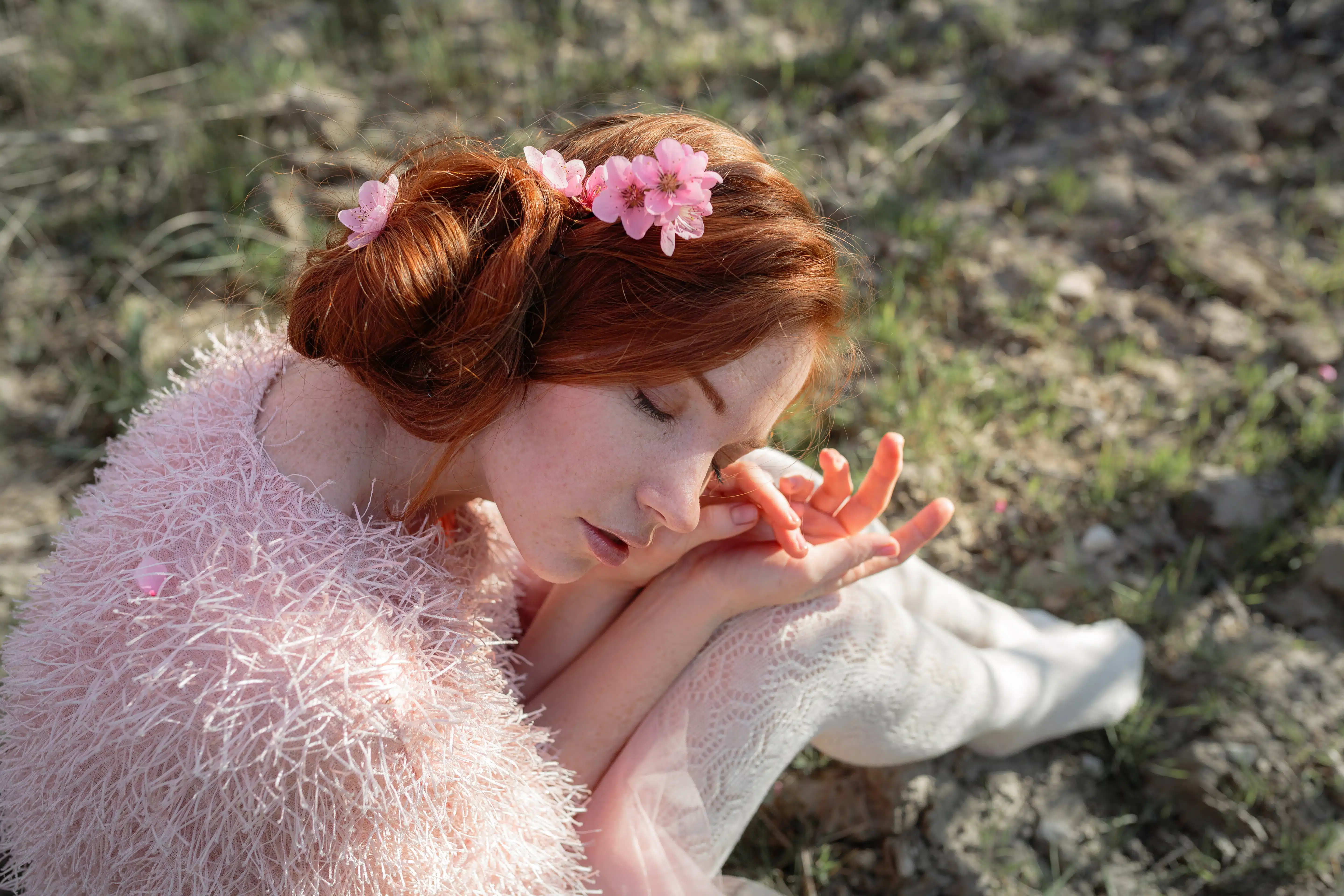
“Not a Child” by Algernon Charles Swinburne
I.
‘Not a child: I call myself a boy,’
Says my king, with accent stern yet mild,
Now nine years have brought him change of joy;
‘Not a child.’
How could reason be so far beguiled,
Err so far from sense’s safe employ,
Stray so wide of truth, or run so wild?
Seeing his face bent over book or toy,
Child I called him, smiling: but he smiled
Back, as one too high for vain annoy –
Not a child.
II.
Not a child? alack the year!
What should ail an undefiled
Heart, that he would fain appear
Not a child?
Men, with years and memories piled
Each on other, far and near,
Fain again would so be styled:
Fain would cast off hope and fear,
Rest, forget, be reconciled:
Why would you so fain be, dear,
Not a child?
III.
Child or boy, my darling, which you will,
Still your praise finds heart and song employ,
Heart and song both yearning toward you still,
Child or boy.
All joys else might sooner pall or cloy
Love than this which inly takes its fill,
Dear, of sight of your more perfect joy.
Nay, be aught you please, let all fulfil
All your pleasure; be your world your toy:
Mild or wild we love you, loud or still,
Child or boy.
